|
In the review for Episode 8, we referred to an article that talks about the breadth of erotic films made in Yesilcam, a practice that grew in the late 1970s for cash strapped filmmakers after the launch of the public television network TRT changed the consumer’s movie going behavior. Eda Savaseri also mentions in her article on Yesilcam that between 1975 – 1980, the Yesilcam legacy is mostly remembered through erotic films, often inspired by Italian erotic comedies. In 1979, 131 out of 193 movies were erotic. The first mentioned article references Serif Goren, a celebrated and revered director, who has worked with Selin Sekerci in the 2011 movie, Ay Buyurken Uyuyamam. 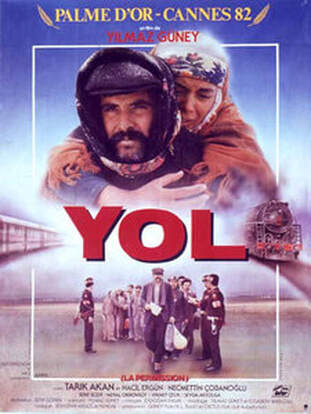 He is also known as a co-conspirator of Yilmaz Guney and directed many of Guney’s films that Guney wrote while in prison. It is said that Yilmaz would provide full descriptions of what he wanted filmed, but Goren also developed his own style. Yilmaz Guney was mentioned by the scriptwriters of Yesilcam as an important filmmaker and an inspiration used for the series. He appears as a character in Episode 6, will do so again in the season finale and he was very much a known and prolific Yesilcam personality in the 1960s, at the time best known as an actor. Yilmaz started directing his own movies in 1965, a year after the time depicted in Season 1 of Yesilcam. As Guney grew more sympathetic with socialist principles, and it reflected in his work and activities, he had repeated run ins with the law and order, and spent significant portions of the 70s in prison, with his latest 19-year prison term doled out for killing a judge. This last accusation remains fully unproven, and in 1981 he managed to escape from prison and fled to France. During this last stint in prison, and through his escape, he and Goren collaborated again to film and produce Yol, which went on to win the Palme d’Or at Cannes in 1982. Despite such a prolific filmmaking pedigree, Guney’s associate Goren had also incorporated erotic elements in his 1976 film Taksi Sofuru. Such seems the reality of survival in Yesilcam in the 1970s. This week’s title “Seyli Film” is rooted in putting a spotlight on this part of Yesilcam, in its infancy in the 1960s when the erotic films were produced for private clients. “Sey” means something one cannot name literally because it is shameful (thank you, V.S.), and “Seyli Film” refers to the erotic films, which we see in this episode through multiple scopes. While the erotic films begin to make its way into the survival of Yesilcam, it also provides the foundation through which Izzet and his dark side gets exposed to Semih. Dreams Are Meant To Be Broken Unlike Tulin’s accusation that greedy Semih will survive any situation, with Nebahat’s departure, Turgut’s arrest and Semih’s inability to find other funds because of his unwillingness to transfer Tulin, he declares bankruptcy and sells off his company’s physical assets. Tulin’s inexperience is the veil in front of her eyes such that Semih’s transactional machinations seem to be the lowest crime in Yesilcam. She is unable to imagine the dark reality of Yesilcam that Mine and Belkis have lived, or the kind of reality men like Reha/ Izzet perpetrate through their duplicitous choices. Like Semih, her dreams are entwined with creating beautiful movies and touching people’s hearts through Art. It feels as though Semih understands Tulin’s innocence and doesn’t want her to lose it like he had to. Both their idealism tested, Semih absorbs Tulin’s sharp and hurtful words, and goes about his way to make amends for his role in Turgut’s incarceration. He learns from Rifki that Turgut’s handler within the Turkish police force was actually a Russian spy (or so it is claimed), and as such Turgut’s release is no longer in Rifki’s hands. As I mentioned in the review for Episode 8, due to the local political storms of the times, communism was treated like a state enemy, and people were persecuted in various ways. This targeting of the socialists/ communists or factions that questioned the class system were not new. The writer Orhan Kemal, mentioned last week as one whose literary work was influenced by his cell mate Nazim Hikmet, was first incarcerated in 1938 merely for expressing his political opinions, much like Turgut’s first stint of being arrested for mentioning American imperialism in a class. At the time of his imprisonment, Orhan was neither influential nor known. This totalitarian approach of wanting to control the social narrative by curtailing expression has only helped to raise the visibility of the ones persecuted and, within 20 years, Kemal’s books are in the hands of the common public. We have a similar situation with Turgut, who has become blasé about being in prison, and takes his predicament in good humor. His character is the prism through whom we get insight into the minds of an intellectual who is aware of social injustices, and only wishes to use the strength of his words to peacefully protest the status quo. And yet, his mild attempts are repeatedly and brutally curtailed by parties unable to handle the truth. This intolerance for contrarian ideals exists in almost all societies, and different slices of stories from different slices of time illustrate over and over again that history has taught us nothing. Utopian and idealistic dreams truly are meant to be broken. Cat Fight Almost every female character in Yesilcam has a lot of agency. None are depicted as the traditional home bodies whose sole job is to support the aspirations of the patriarchy. All of Belkis, Mine, Tulin, Sebnem (Reha’s wife), Adviye (Tulin’s mother) and even Aysel (now deceased) and prostitute Ceylan, are portrayed as women of substance who had to make difficult choices in the journey of life. With Mine’s affair out in the open, Sebnem is not deluded by Reha’s vacant promises of being true to Sebnem. Sebnem is aware of the platonic marriage she has but cannot tolerate being publicly belittled by Mine and having society perceive that Reha prefers a young starlet over the accomplished Sebnem. As such, Sebnem accepts Reha’s infidelity and has no qualms about publicly shaming Mine through a smear campaign designed to crush Mine’s existence in Yesilcam. With such negative publicity associated with her name, no one will want to work with Mine any longer. It doesn’t matter that it is Reha who went outside of his marriage and had an affair with a single, divorced woman; Mine will pay the bigger price. After all, ‘boys will be boys’, and it is a woman in the form of Sebnem who helps to perpetuate the notion. Women often become the worst version of themselves when faced with credible competition. A Perfect Storm Hakan sells the erotic film he makes last week to Faik, a voyeuristic photographer and a closet pimp who supplies private clients with the blue films and access to professional prostitutes or young girls willing to sell their bodies. Faik is the one who had supplied Izzet with his pornographic films, as well as Aysel, who often had visible bruises from Izzet’s sadomasochistic sex games. Hakan, who had dated Aysel for a while, doesn’t know who the end customer for his film is or who Aysel had a relationship with, but he just knows it’s a big wig. It could either be a powerful businessman or a politician, and the less Hakan knows the better. Hakan hides the source of his money from Semih and trusting his partner, Semih uses the money to repay Izzet’s debt. During the exchange, Izzet doesn’t spare Semih a moralistic lecture and belittles everything about him. He slings the ultimate insult and tells Semih, “How could we trust you with our culture?” The hypocrisy is deafening when one sees it coming from a man who escaped into the luxury of Hollywood when his party was persecuted for their crimes against the public, who hides a second life that traumatizes young women, who is vicious and unscrupulous. From his window-dressed persona of being an upstanding citizen, he ‘defines’ and preaches morals and culture, while he plans to marry a woman for the social standing but already cherry-picked his mistress in Tulin. Tulin is getting seduced by Izzet with lies and his mask, and as she slowly begins to respond, she becomes unwilling to listen to Semih’s caution. Semih has broken her trust in unanticipated ways, which she has internalized and she thinks she can do the same with Izzet. Unbeknownst to Hakan, Faik had supplied Izzet with Ceylan, along with the film Hakan made, video taped Izzet’s nighttime shenanigans from the neighboring room in the hotel, and is aware that Izzet is the one who brutally beats up Ceylan during the night. Ceylan’s pimp targets Hakan but soon realizes that it’s a dead-end. During the altercation, Hakan sees that Ceylan has the same bruises on her wrists and ankles that he had seen on Aysel, and he understands that both have been victimized by the same man. Separately, when charged by a studio owner who is flabbergasted that Semih edited an erotic film at his establishment, Semih comes to understand what Hakan has done for money. He wants to make sure that Faik didn’t leak any linkage to the producers of the film as the whole enterprise is contrary to the imprint Semih wishes to leave in Yesilcam. During a heated exchange with Faik, Semih correctly links a few clues and understands that Faik’s private client is Izzet. When Semih goes back to Izzet’s office to hand out his own lecture, Rifki barges into the office (with information about someone with a peep hole into Izzet’s hotel room). Semih makes the connection to Rifki, Izzet, the Justice Party preparing for a come back, and their extreme fight against ethnic minorities and the communists. He understands that games around him are far more intense than he had ever understood. Semih shows restraint and finally appreciates that, in Yesilcam, knowledge is power. Getting the truth off one’s chest may be liberating, but it is not always rewarding. He internalizes Izzet’s political connections with Rifki, Izzet’s budding relationship with Tulin and his connection to Faik, and walks out of the office without letting Izzet understand the extent of his comprehension. Through a perfect storm of circumstances and plot choices, Semih eventually also understands the depth of Faik’s connection to Izzet and how Izzet is also behind the brutalization of Aysel and Ceylan. Instead of tipping his hand to Izzet, when Semih and Hakan go to confront Faik, they find him dead by hanging. Like Aysel, the insinuation is that Izzet is behind the death. Dreams Are Our Guiding Light When Semih was accused of producing porn films, and he understands what Hakan has done, his first line of defense is to tell the studio in no uncertain terms that his company had nothing to do with it. His next step was to make sure no one other than Faik knew that Hakan had anything to do with the film. Semih is intent on protecting the reputation of his company as one that touches people’s hearts with the stories they tell. He may go bankrupt (not his first time) but he wants to walk the streets of Yesilcam with his head held high. Even though he knew he could have the funds to recover his business if he transferred Tulin’s contract, he doesn’t do so to protect her when he understands that Izzet has his unprincipled sights on her. He tries to follow the path of what seems right, with faith that good things will come his way. A man who is guided by intuition, we are privy to another one of Semih’s dream sequences, used as a plot mechanism to give us insight into Semih’s subconscious mind. This time, the players are Uncle Kosta, Turgut, Nebahat and Tulin, who are all gathered in Semih’s kitchen. Through a short exchange, Uncle Kosta tells Semih to watch Tulin carefully and not let her go. I have mentioned in previous reviews that Semih has been abandoned by important women in his life, such as his mother and Mine. He understands the self-serving needs that guided them but, while he could forgive Mine, he cannot forgive Belkis. Given the wall he has built against Belkis, this sense of abandonment is a festering wound within him. Semih finds something within Tulin that he can respect and regard highly, even if he doesn’t have the words to describe his feelings. Upon Uncle Kosta’s advice, he looks into Tulin’s eyes and asks her not to leave him as well. In his dream, Tulin touches him softly on his neck, and as he wakes up, he caresses the same spot, symbolizing ways that he is affected by Tulin. As he continues on and still tries to protect Tulin, it becomes apparent that it is this ability to dream when all seems bleak, where we keep questioning all the ways we may have (been) wronged and find better things to reach for, that keeps the human condition moving forward. While some dreams come tumbling down, others get built and, through the iterations, we make progress. Semih’s total destruction opened his eyes to the realities around him and as the stakes have grown with the changing political climate and players, we grow with Semih as he better understands how carefully he has to play his hand so that he can truly make his dream come true. That is, tell stories that touches the people’s hearts, because what he has to say is rooted in life’s truths. And this is the picture of Semih we begin to form through the trailer for the season finale. A self-aware Semih who will not go down without a fight nor just keep telling benign stories of love. He will plan to use artistic expression as a means to call attention to injustice, and let the chips fall where they may. Yesilcam has proven to be one of the most intelligent shows I have watched in recent times. The well-sketched out characters bring a thriving world to life, and through the political background interwoven into the story, we begin to see how powerful filmmakers such as Yilmaz Guney came to be, who had a burning desire to tell stories in light of his political awakening. He is well known for depicting societal despair, especially through tales from the Anatolian heartlands with many focusing on lives that shared his Kurdish roots. It is entirely unfortunate that he lost his life to cancer when he was only 47, at a time when he had the financial and political liberty to tell the stories he wanted to tell in the way he wished to tell them. When discussing cinema, much like analyzing a book by an author I respect, I thoroughly enjoy trying to understand the creators' intent and execution. There are only that many stories to tell and that many ways to tell them. Each work stands on its own, and I have loved Yesilcam in its script, acting, production, and overall execution. Through Yesilcam, we have had the opportunity to meet the minds and the art of some of the finest filmmakers in modern and erstwhile Turkey, and Turkey has had a chance to remember a nostalgic period of its filmic history. Kudos to bluTV and Sunset Films for bringing this important production to the world. As we head into the final episode of the first season, we hope for a story that ends on a crescendo. Every detail of the storytelling so far points to one and we excitedly await. Article (c) CUNA & @entrespire/ twitter
Please follow CUNA on facebook at: www.facebook.com/cagataynorthamerica and stay away from the fake pages. This is the only page officially affiliated with North America TEN All video clips and photos belong to their respective owners. No copyright infringement is intended. Please ask for permission before reprints. #Yesilcam #CagatayUlusoy #LeventCantek #BluTV #BoraAkkas #VolkanSumbul #CaganIrmak #SemihAtes #MineCansu #TulinSaygi #AfraSaracoglu #SelinSekerci #EpisodeReview #TurkishDrama #Episode9 #SeyliFilm #YilmazGuney #SerifGoren #Yol #CannesFilmFestival #OrhanKemal #NazimHikmet
5 Comments
When I read the first summary of the Yesilcam series and how it portrays the journey of a young producer who rises after losing everything, I had assumed we started the series with Semih at his lowest. He was having to restart everything with the Great Ates Film company, and I thought we would witness his cleverness as he navigates a treacherous world during a socially, culturally and politically fluid time. Episode 8 brings it home that while we have discovered Semih’s character through an interesting journey thus far, he is now at his lowest point – confronted with compromised morals and its aftermath. Appropriately titled “Cages”, this episode hints at the cages the Yesilcam personalities are forced to live in, and how some may have the courage to break out of them while others may not even be aware of their bonds. Burdens Of The Past We start the episode with Semih’s dream sequence, where he enters a room dressed as Mandrake the Magician. Across from a table are figures who represent significant events in his life – 1) his young self from when his father dies, 2) his slightly older self from when he discovers who his mother is and Uncle Kosta, who is sitting in the role of a conjurer with a set of cups in front of him. This ancient game of cup and ball, which has numerous variations, incorporates fundamental elements of magic where the balls can (dis)appear, change, transform, while the conjurer can use various tricks of the trade to misdirect the audience. In this game Semih is invited to play, instead of a ball Uncle Kosta uses a glass Nazar Boncugu, or the eye-shaped amulet that is revered widely in the Turkish culture as warding off the evil eye. Uncle Kosta asks Semih to pick a cup out of the eight but it has to be empty inside. As his younger selves look upon him indulgently, Semih makes one good guess after another until he is down to the last two cups. At this point, Uncle Kosta changes the game and asks him to find the one that does have the bead. Semih guesses incorrectly between the two options, perhaps assuming that it couldn’t possibly be under the one Uncle Kosta had placed the bead originally, and Uncle Kosta says “you lost, Semih Ates”. Freud suggests that dreams are repressed conflicts and wishes. We have already seen how Semih lives his life on a path of atonement for his actions during the Istanbul Pogrom of 1955 and the inadvertent role he may have played in Uncle Kosta’s death. Uncle Kosta’s good opinion is important to him, as is making peace with the past he lived. While Semih takes professional risks, he always wonders if Uncle Kosta would approve. In his latest escapade with Reha, and knowing that his financial options have dwindled, his dreams may be telling him that he has picked poorly. No amount of a magician’s hand waving will help. Within this self-doubt, Semih forges ahead and tries to salvage his company by manipulating Vebih into being the mouthpiece to tell Reha/Izzet that Semih requires payment to transfer Tulin’s contract, with his intention to repay Izzet’s debt with the money. What he doesn’t anticipate is Izzet’s counter-offer to cancel Semih’s debt in exchange of Tulin’s release. Between options A & B, which should Semih pick? Bankable Assets After letting off his steam with Reha in a public altercation, Semih declares that he will not be handing Tulin’s contract over to anyone. Even though in the heat of the moment he might have said it to be vindictive and self-serving, he also sees an innocence in her he doesn’t expect from Mine. It is interesting to see him accept Mine’s affair with “we are divorced; she can see who she wants.” It doesn’t seem as a struggle with his ego that Reha slept with ‘his’ woman; he is far more indignant about Reha’s manipulations to erase Semih from Yesilcam, and Tulin seems his ticket to stay alive. Tulin is livid with Semih’s unilateral decisions and, still stung by Semih’s bias towards Mine, she unleashes her anger on Semih for making her feel like an asset to be traded without consideration for her feelings. She articulates perfectly what her self-worth is. She says, “I am better than you deserve” and even though Semih allows her to express her feelings, he does not change tact about not releasing her contract, especially when he understands that Izzet has his ungainly sights on her. Through her candid outburst, Semih has begun to see Tulin as something more than an investment. She is a beacon of innocence that he must protect, just as he feels the need to protect Nebahat from hate crimes against the ‘Rums’ or Turkish citizens of Greek descent. Whack-a-Mole Survival in Yesilcam seems like a game of whack-a-mole. You plug one problem and another surfaces. With the persecution of the Greeks still ongoing, Semih understands that his ghost from the past – Rifki – remains as a possible ally and a threat to the protection of Semih’s people. Rifki is influential and has been unveiled as an (ex) police officer who was affiliated with the Democrat Party (DP - Adnan Menderes’ party, which was dismantled after the 1960 coup) and now the Justice Party, which essentially gathered the electorate of the DP. We have already been shown that Izzet is being groomed as a successor for the Justice party, which becomes more real with the death of Ragip Gumuspala, who had been heading the Justice Party since he retired from the army. Without being fully aware of this political connection with Izzet, Semih asks Rifki to protect his secretary Nebahat and her family, and have their names removed from the list of Greeks to be expelled from Turkey. Rifki agrees to do so if Semih can discover Turgut’s communist contact and Semih acquiesces after extracting the promise that Turgut will not be touched. Through Semih, Rifki uncovers the communist spy, who happens to be a respected officer of the police force. Despite his best intentions to protect his loved ones, Nebahat chooses to leave for Greece with her family. As it turns out, after the continued persecution through a 1942 wealth tax and the 1955 Pogrom, 1964 – 1965 saw a series of discriminatory measures by the Turkish government aimed at the forced expulsion of Greeks from Istanbul, a Greek population which was initially spared during the Greek-Turkish population exchange in 1923. As a result, only about 30,000 Greeks remained in 1965, down from 80,000 from before the systematic expulsion. Today, this population has dwindled to 2,500. In addition, we end the episode with Turgut being arrested and dragged away, with Rifki flippantly mocking the promise he did not keep to protect Turgut. Post WWII, the DP had made conscious choices to align with American preferences, especially after being threatened by the Soviet naval force in the straits of Turkey in the 40s. In the height of the cold-war era, communism was seen almost as a state enemy, and any signs were treated as such. With his strong ties to communist principles, and now the exposed ties to a spy, Turgut was a threat to be removed, and the value of Rifki’s promise to Semih becomes insignificant relative to perceived national interests. This illustrates to Semih once again that the naïve faith in the fairness of a deal, a gentleman’s word, does not mean much in the shifting landscape of Yesilcam. Cages Maya Angelou wrote in her poem “Caged Bird”: The caged bird sings with a fearful trill of things unknown but longed for still and his tune is heard on the distant hill for the caged bird sings of freedom. When we really think of all the characters in Yesilcam, it is possible to see that almost all are caged in somehow. In a comic turn in the skit where Hakan, in hopes of getting some quick cash for the business (an increasing practice in Yesilcam for cash strapped filmmakers), is trying to film an erotic film with Bekir and a prostitute called Ceylan, we see the pimp Mukerrem break a canary cage over Bekir’s head. This violent act releases Bekir’s excitement enough to get him to perform sexually for the movie. It is almost a symbol of how the cage often needs to be wrecked as a catalyst for change – be it someone else breaking it or one breaking from within. To this end, the title for this week’s episode seems very appropriate to describe the predicaments of the various players. We have Mine, who is well aware of the gilded cage she is expected to live in as a self-deterministic woman. With her affair with Reha exposed, thanks to Semih’s public outburst, she understands her precarious position. Resentful as she may be about the choices she has had to do make to survive and thrive in Yesilcam, she is no wall flower who will wither and die when threatened. She uses her haughtiness and fragility at will to manipulate the men around her. She beats down Reha with her wrath and tries to garner sympathy from Izzet through her crocodile tears. Regardless, she is aware that despite her valiance, it will not be easy for her to keep standing in face of the ways doors are closing on her. We have Tulin, who feels caged in by contracts and expectations, sometimes of her own making, and wishes to spread her wings. We find her to be a self-aware, curious woman who is seen reading “Grev” by Orhan Kemal, which is a collection of short stories published in 1954 around the lives of workers. His work was greatly influenced by a fellow prisoner from an earlier life, the famed poet and intellectual Nazim Hikmet, who eventually went on to become a ranking officer in the clandestine Communist Party of Turkey. Grev means “strike” and the titular story (written in 1947) is famous for portraying the tensions between employers, employees and the role of the government, especially because unionization was legalized in 1947 but strikes were still banned. The dialogue also manages to poke at European countries such as France and Italy, where trade unions are notorious for bringing the country to a halt. Coming off her work in Semih’s censored movie that depicts workers who go on strike, Tulin’s reading choice shows a young woman willing to think beyond her immediate dream of being an actress in Yesilcam. When Izzet appears to be a polished supporter for her individualism, and out of her anger at Semih for treating her like an asset to be traded, she begins to place her trust in Izzet in her attempts to break out of her perceived cage. We have Semih, who is caged in by his past and under the weight of the burden, he struggles to understand how he can fly freely while staying true to his ideals. All his attempts have been thwarted by morally corrupt individuals and perhaps he needs to better learn how to use their weaknesses against them. We have Izzet, who is caged in by his political aspirations and whose escape is in his sadomasochistic erotic practices. We have Reha who is caged into his marriage and slithers around to find a way to assert himself. Whether by choice or divine design, each character has their cages shift shape and location, until they will learn to break free from the shackles, or not. Each time I watch the show, I discover something I should have better understood. There are no redundant scenes or dialogue, and every detail builds on top of the other. Hakan and Mine have some great exchanges where idealism clashes with pragmatism. As Mine defends her choices to survive in Yesilcam and points out the double standards in gender stereotypes, Hakan emphatically says, “Nothing would happen to a person who never lies.” In its most basic form, this is a fundamental truth in life. Make your choices such that you do not need to twist the narrative, allowing you the dignity to stand by your choices without shame. However, in a misogynistic world such as Yesilcam, maybe the choices for trailblazing women were not quite as cut and dried. Under the surface of the characters’ interactions, the inserted details inspire an international viewer like me to dig and try to understand the political, social and cultural motivations of the times. And, therefore, it takes me longer every week to pen my thoughts as Turkish history is a rich layering of the human condition which has morphed through the centuries, a melting pot of ideals between the East and West, while the geopolitically important nation continually evolves within a competitive world. The 60’s lens through Yesilcam provides a time capsule and we can already see how much has changed since then, through literature and entertainment set in modern times. The intelligence in the script allows one to live and breathe each of the characters, in their purity and their ugliness, in their highs and in their lows, and the story truly leaves a mark through the immaculate performances by each of the major characters. Selin Sekerci has been a revelation as the multi-faceted Mine, especially after her frivolously comic turn in Kacak Gelinler and her forgettable role in Siyah Beyaz Ask (the two shows I have watched). Cagatay as Semih is beyond excellent in bringing the multiple shades of Semih to the fore, but it has been a real delight to discover talents such as Ozgur Cevik, who is incredible as Izzet. From his practiced hand movements, curated smooth talking persona and mannerisms, he is the quintessential politician who can only preach about morality for popular adulation, but fails miserably as a human being. He is the ultimate antagonist to Semih, who shoots from the hip and is what he is. Between these options A & B, which one should and will win? At the time of this writing, Episode 9 has already aired and the review for that will come soon. With one more episode in the first season, we look forward to a good stopping point in the journey for Semih as he begins to fully comprehend the mine field he is tasked with navigating. Article (c) CUNA & @entrespire/ twitter
Please follow CUNA on facebook at: www.facebook.com/cagataynorthamerica and stay away from the fake pages. This is the only page officially affiliated with North America TEN All video clips and photos belong to their respective owners. No copyright infringement is intended. Please ask for permission before reprints. #Yesilcam #CagatayUlusoy #LeventCantek #BluTV #BoraAkkas #VolkanSumbul #CaganIrmak #SemihAtes #MineCansu #TulinSaygi #AfraSaracoglu #SelinSekerci #EpisodeReview #TurkishDrama #Episode8 #Kafes In very exciting news, we have come to learn that "Birdie" the short film written, directed and produced by Cagatay Ulusoy has been selected at the 27th Palm Springs Shortfest 2021 which will be California's first in-theater film festival since the start of the COVID pandemic. A prestigious and well known event, it is designated as an awards qualifying event by the Academy of Motion Picture Art and Sciences (AMPAS), BAFTA, The British Independent Film Awards (BIFA) and the Goya Awards. Over its 26 year history, more than 100 of the festival's curated movies have gone on to receive Oscar nominations. Birdie is one of 295 movies selected out of a pool of more than 5,500 submissions from 104 countries. It will be competing in the Best International Short category and, not only that, Birdie will also be playing as one of six movies on the opening night, which is a great honor for any festival entrant. Birdie is the only movie on opening night from a non-English speaking country. At 20 minutes, Birdie is "The story of a lonely fisherman whose relationship with life, nature and human being is fair. For him, life is about living with a full belly until a goldfinch hits his window. Will his relationship with the goldfinch change the fate of the fisherman?". Working with his little brother Atalay who was editor of the film, and cast members Turgay Tanulku and Ersin Arici, whom Cagatay worked with in Paper Lives, Birdie is an introspective short that makes us question our place and aspirations in the world. There is a second Turkish film (The School Bus) playing at the festival by Ramazan Kilic, which will be competing in the Best Student International Short category. In 2017, director Can Ulkay's film Ayla had won the audience award at the Palm Springs International Film Festival. Unlike Birdie's earlier appearance at the Oxford Film Festival, where the movie was available for virtual screening for fans in the United States, Birdie will only be shown in theater, with passes and tickets to be purchased. Even media professionals will not gain automatic access to the screening on opening night. We are very excited for the Ulusoy Brothers on their maiden journey as a powerful filmmaking duo. As Mr. Ulkay said in his interview with North America TEN, "Cagatay wants to work behind the cameras as much as he works on-screen. He has an intense interest in the process behind the cameras. His biggest strengths will be his tenacity in trying, acquiring knowledge, learning, thinking and questioning about the process behind the cameras. Soon we will see him filming his own movies or producing them. I’m sure he will contribute greatly to the movie industry and Turkish cinema. May he have an amazing career.” Birdie's international tour, already at its fourth festival, shows great promise in fulfilling Mr. Ulkay's prediction. For those of you who missed our earlier review can read it here: https://www.cagatayulusoynorthamerica.com/blog/birdie-kus-cagatays-dream-into-reality For those of you who missed our video with highlights of the movie can view it on our YouTube channel here: Article (c) CUNA
Please follow CUNA on facebook at: www.facebook.com/cagataynorthamerica and stay away from the fake pages. This is the only page officially affiliated with North America TEN All video clips and photos belong to their respective owners. No copyright infringement is intended. Please ask for permission before reprints. #Birdie #CagatayUlusoy #AtalayUlusoy #WhistlemanProductions #PalmSpringsShortFest #TurgayTanulku #TurkishCinema #CanUlkay #Ayla #TheSchoolBus #RamazanKilic 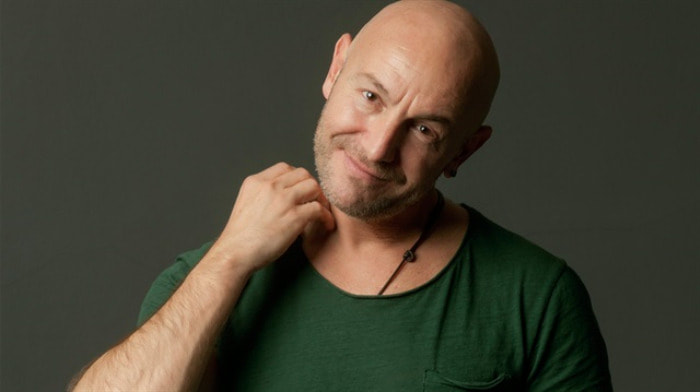 Cagan Irmak is a highly regarded Turkish director and screenwriter. A graduate of the Faculty of Communication, Department of Radio, TV and Cinema from Ege University, Irmak has been hugely successful with his films, series and short films. His best known project is the series "Çemberimde Gül Oya", which narrates the complex, tense and political situation of the 1980s and the experiences of the next generation in the 2000s. He is also director and co-writer of Unutursam Fısılda, a movie that focuses on the life of a singer from the 1970s, starring Farah Zeynep Abdullah, Mehmet Gunsur and Kerem Bursin. The movie has been studied widely for its familiar structure of storytelling from the Yesilcam era. Apart from a couple of his projects, Mr. Irmak has been the scriptwriter for all his movies. Recently he chatted with Episode Yerli magazine about BluTVs Yesilcam project, where Cagatay Ulusoy has the starring role as Semih Ates, and we get a rare glimpse into this amazing filmmaker who continues to contribute significantly to the growth of Turkish cinema. The Interview Translated by CUNA 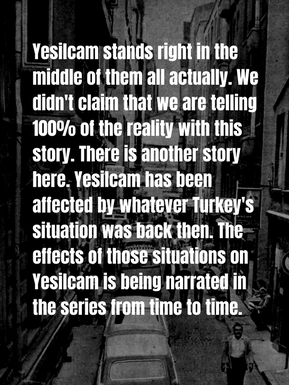 When it comes to the naivete, comedy and drama of Yesilcam movies, you are deemed as the most popular director among others who still has the traces of that phenomenon today. What does Yesilcam mean to you as an era and a series in terms of this fact? Yesilcam is remembered as a combination of naivete, comedy and drama but to me, there is another face of it except for these ones. We can't regard that period only as naivete, comedy and drama. During those years, due to the broadcast principles of TRT channel, only that face of Yesilcam has been reflected. However, there was also a time in Yesilcam when director's movies were founded and political messages were involved. I look at it as a whole so to me, there are various beauties of Yesilcam. It would be unfair to remember Yesilcam only with the words we counted in the beginning. So it means a lot to me. The sources that I take advantage from, the movies that introduced me to the cinema, they all lie in that period - each having their own colors and variety. Yesilcam is a bigger frame for me. You generally make movies out of the scripts you write yourself; it applies the same to the period dramas you made. But in Yesilcam, the script was written by Levent Cantek and Volkan Sumbul. As a know-how writer-director in Yesilcam period and movies, did you contribute to the script? Were there any changes you made on the script or any suggestions? I generally shoot what I write. In this one, I didn't really interfere with the script. It was a well-written one and it was already one of the biggest factors that made me accept the offer. I couldn't be a part of the script writing process. I provided my own interpretation as a director and I did it while shooting. Honestly, I have no contributions in the script. Starting from the midst of 2000s, there has been an increase in the number of series and movies made which are especially about our recent history. The audience seriously admired them and they are still being watched. Cemberimde Gul Oya, Dedemin Insanları... These are the projects that provide a critical perspective on the political events of recent history and on the other hand they make people argue about the official historical narratives. However, we can't say that these types of projects can be made for tv today. Where do you think Yesilcam stands in this scale? Why do you think the channels and production companies are more distant than before to the projects that look at the history from different point of views? Yesilcam stands right in the middle of them all actually. We didn't claim that we are telling 100% of the reality with this story. There is another story here. Yesilcam has been affected by whatever the Turkey's situation was back then. The effects of those situations on Yesilcam is being narrated in the series from time to time. Apart from this, I don't think that channels or production companies are distant to this type of projects. It's that they prefer to focus on particular periods. And it stems from the changing taste of the audience. For instance, there is a new trend that is running right now and five years ago there was a different one. When a craze is consumed, another one arrives, maybe a teen series or something else. I'm not underestimating anything. It's just they can be seen as a reflection of the needs and current state of mind of the public. Cemberimde Gul Oya was a political series but it was my choice to do it and serve it. If somebody else wrote such a script, I don't think people or the channels would say no to it. 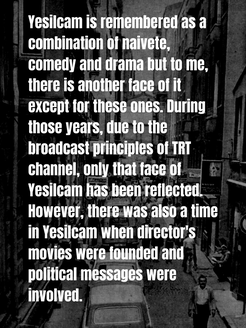 Filming a series for a digital platform that has a drawn frame, with each episode having normal length and with an opportunity that was given to spend enough time to prepare prior to the shooting. And doing this for a period story. How was the time you spent with Blutv as a director? What were the advantages and disadvantages - if there were any? You have already given the answer in your question. It has a drawn frame, each episode has a normal length, enough time is being spent on preparation. I worked with an amazing team. I worked happily and had my freedom while working. So I didn't really see any disadvantages. Maybe the fact that digital platforms don't have a big amount of viewers like tv channels can be a disadvantage. I hope one day these platforms can reach out to larger populations so that more people can watch what we do. Interview: Ozlem Ozdemir, Episode Yerli. For digital copies of the magazine, you can buy on the stands and elsewhere. It is also available on Magzter. Cagan Irmak & Cagatay Ulusoy Even though this is the first time Cagan Irmak and Cagatay Ulusoy are working together, it is not the first time that they are meeting. Both of them were in attendance at the 4th Turk Film Festival in Rome in 2015, along with other artistes such as Kenan Imirzalioglu, Ferzan Ozpetek, Mehmet Gunsor, and more. These are some photos from that event. During his interview with ranini.tv, Cagatay said of Cagan, "Cagan is a very successful director who really loves his job, knows the period well, knows its textures, knows the lines between the lines, follows life in every aspect. His observation skills are very impressive." From a viewer's perspective, and especially that of an international fan, this production has managed to pull the best of breed from all disciplines, and the love for their craft reflects in the final output. Yesilcam is an intelligent show that pays homage to the nostalgic era of Turkish cinema in many ways; as a historical account as well as the style of storytelling that presents social and family values through dramatic conflicts. If you do not have the show on your watchlist yet, please read our reviews and we hope you will be inspired to catch up soon! Article (c) CUNA
Please follow CUNA on facebook at: www.facebook.com/cagataynorthamerica and stay away from the fake pages. This is the only page officially affiliated with North America TEN All video clips and photos belong to their respective owners. No copyright infringement is intended. Please ask for permission before reprints. #Yesilcam #CagatayUlusoy #LeventCantek #BluTV #BoraAkkas #VolkanSumbul #CaganIrmak #SemihAtes #MineCansu #TulinSaygi #AfraSaracoglu #SelinSekerci #EpisodeReview #TurkishDrama The moving pieces of Yesilcam collides in dreams that are made, pursued, broken and risen from the ashes. The sheen of the film world hides a desperation to be relevant, to remain important, to maintain one’s prestige, especially when threatened with social movements designed to change the face of the status quo. We see people who have clawed their way to the top and we see others who see the golden rays of what Art can mean to the masses. For some, it’s pure business devoid of emotion and for others it is what dreams are made of. Almost as though one needs a station master to coordinate the busy junction of competing interests and desires, Yesilcam comes alive through the characters on screen. Falling From Grace Mine, a survivor, made her bed with Reha, because climbing the ladder of her career was important for her to achieve financial security for herself and her brother. The daughter of a washer woman, her prospects in life are decided at birth unless she does something about it, and she does. She discards her true love for Semih as she doesn’t have faith in his career, and saunters over to greener pastures as the kept woman of Reha. Unable to stay away especially after Tulin enters the scene, she restarts an affair with Semih but when Reha discovers the truth, he begins to punish her by sidelining her in choice projects. Mine is no fool and she understands how the doors are beginning to close on her face as Reha tries to recruit Tulin as a replacement starlet in his company. Mine turns on her charm for Izzet, and illustrates her keen nose for where the power base lies. She uses her sexuality as a weapon and dresses provocatively in her bold overtures towards these men of power. Like Belkis, she has the courage to go toe to toe with the men, fully understanding how to manipulate the misogynistic practices in Yesilcam. Similarly, Semih is also shown to descend to his lowest point, out of money and options to keep going with his love for making a film. Jilted by Mine, he becomes listless and struggles to find a sense of vigor and purpose in continuing on his journey. What had seemed like a clever move to get two movies out of the price of one paid by Izzet, now feels like a robbery as the plan fails with the politics at the censor board. He feels he is out of options and makes moves to shut down his production company. In a pivotal scene at a corba (soup) restaurant, Semih’s low self-image emerges in a chat with the owner, who is a symbol of success as a result of ethical hard work. When asked what he does for a living, Semih says, “I am a thief… I steal from everyone.” Money & Ego Money speaks and this proves most true in Yesilcam. Dark natured men like Izzet, Reha and Vehbi, strut around like peacocks because of their financial power or perceived importance. They treat others like sub-ordinates because of that power, and forget that they lack the innate talents to be a creator. This is unlike personalities like Semih Ates, Ayhan Isik, Tulin Saygi, Yilmaz Guney, Atif Yilmaz and others who choose to be an artiste so that they can create an impact through the world of art. Izzet, who comes from money, has a dark personality that is the quintessential politician who has practiced the art of smooth language but who manipulates knowledge to their advantage with a vested agenda. While he targets the Greek population in Yesilcam with the help of the same man who threatens Semih with knowledge of his past, it is obvious that he remains committed to a path of ethnic cleansing initiated by his predecessors. Maybe Izzet is even responsible for Aysel’s death but apart from a strong insinuation, nothing more is done against him as there isn’t anyone to speak up for Aysel. However, his money will only hold him in good stead for as long as his political pursuits have support. His Democrat Party fell out of favor with the military coup of 1961 and was dissolved, but due to sympathies with the party’s founding principles, neo-DP parties have persisted in Turkey until the mid 2000s. Izzet is a golden child in this realm of center right wing politics of the 1960s, at a time when there was a resurgence of trade union movement and the formation of the Workers Party of Turkey. How much power is he likely to yield down the road, regardless of his financial backing? Reha and Vehbi seem of a similar ilk. They are scrappers who wish to be relevant and only commands a following through a brute force of exploitative behavior. In that, they either exploit the people around them or take advantage of whatever opportunities come their way, by hook or by crook. They are mediocre at best but carry themselves with a pretentious sense of superiority. People like them can only rise up to a certain level and eventually get brought down by their own follies. As an example, once Reha’s wife discovers his affairs and pulls the rug on her family’s investments in his business, where will Mr. Reha go? When Vehbi loses Reha as his benefactor, where will he go? Innocence Of Flowers In a sharp contrast to Mine, we see the idealistic Tulin who is taken aback by Semih’s continued affection for his ex-wife, and retreats into her shell. She is shown as being innocent in her pursuits but not naïve, having grown up with a promiscuous mother whose overt sexuality embarrasses her. Tulin’s clothing and mannerisms are graceful and conservative, and that is her charm in Yesilcam. She stands out with her dedication to her craft, especially against the women willing to use sexual favors to secure their future. Seemingly at the end of his financial options and still unaware of Reha’s duplicity, Semih agrees to transfer Tulin to Reha’s production company against the promise that Reha will pay off Semih’s debts to Izzet. Tulin, believing that Semih is doing all this to get closer to Mine and bring her back into his fold, accepts Semih’s plans but she harbors an anger in her. Tulin’s scene at the pub when she walks in and sees Semih look defeated is beautifully portrayed. Tulin is a woman who deeply believes in Semih and her disappointment lies in seeing him flounder aimlessly, failing to reach his potential. She is indignant that Semih still harbors feelings for Mine and her eyes have fire in them as she looks at him. Semih, unaware of the war that rages in Tulin’s heart, only thinks of his failure and his shame that he could not honor his promise to Tulin. He looks at her resignedly, accepting his defeat, and it angers her even more to see him give up his fight so easily. Some flowers, like Tulin, may look delicate and they are anything but whereas some, like Mine, stand proudly only to be left alone as her scent becomes stale. Izzet has his eyes on Tulin, and as a sexual predator he is quick to judge that Tulin will gravitate towards a man who appears respectful towards a woman’s free will. He showers her with beautiful orchids, anonymously at first, and appears as the ‘savior’ in a situation where Tulin was being pressured by Reha to play a certain role in a certain way. It seems he knows what he is doing. Upon Reha’s manipulation, who shows off a stack of cash to Semih, Semih believes that he is taking the best path to work for Reha in Adana and in exchange have Reha pay off the debt to Izzet. Izzet’s hypocrisy knows no bounds as he moves with the self-entitlement of a revered war lord, with his ostentatious clothing and manicured look. He reads the riot act to Semih when Semih confesses that he is unable to make Izzet’s movie due to the investment being locked up in another movie stuck at the censor board. Izzet likens Yesilcam and its filmmakers as flowers that people will be drawn to look at, as opposed to looking at something as banal as couch grass. However, if the flower is rotten, then it is worse than the couch grass, and Izzet asserts that it is ‘crooks’ like Semih who make the flowers of Yesilcam look rotten. This is the epitome of the pot calling the kettle black. Yesilcam is not meant to be an innocent place. Posturing, projecting, manipulating – these are all part of the game, but within this competitive cesspool there are people of conviction who believe in the power of art as a means to connect with and inspire humankind. People like Semih, Hakan, Uncle Costa are symbols of such people to whom art is supreme and everything else is a means to an end. One can argue that, at their core, they are hardy and even if they lack the superficial beauty of exotic flowers such as orchids, as the ‘couch grass’ they are the lifeblood of Yesilcam. Soulful people who tell the story for the love of a story and as such will outlive the orchid that is pretty for a season but will wither and die. Who in Yesilcam is the flower and who is the herb (the title for this week, "Flowers & Herbs"), that is the question that gets answered as the characters evolve and rise to their life’s challenges. Truth Prevails Just as Semih prepares to make his exit from Yesilcam, he learns from Hakan about Mine’s affair with Reha and about Reha’s prior machinations with Mumtaz Bey in trying to get Semih out of Yesilcam. With a fire lit in him, he finds Reha in a public restaurant, and with no holds barred gives Reha a piece of his mind in a room full of people. He rises like a dragon and asserts that he is not going anywhere, and that he will rise on his own merit, unlike Reha who has been riding on his wife’s coattails. What I found interesting is that after he learns the truth, Semih’s first instinct isn’t to demand an explanation from Mine for her betrayal. He even tells Reha that him sleeping with Mine is not the problem; his duplicity and hypocrisy while riding on other people’s money is the bigger problem. Once he understands how Reha has played him, his perceptions become crystal clear about what he needs to do. He will not be heading off to Adana, or anywhere else to be anyone’s second hand man. He will not trade Tulin as a property – she is a talent who came to his door and he will be the one to make her shine. He will not shut down his company; if need be he will remain a thorn in everyone’s side and prove that Semih Ates is here to stay. Final Remarks There are so many subtle interconnected details in each episode, it is difficult to pack them all into one review. The well constructed layers are internally consistent, both in relation to historical events and to character design. There is a scene at the beginning where Semih is in a room with a prostitute, looking haggard and apathetic as he drags himself from bed in the morning. As she lies provocatively, her naked breasts escaped from the covers, he remains unaffected, with his back turned towards her. Given the relatively moderate culture of the modern day Muslim majority Turkey, it is an interesting insight into the world of films of the 1960s, where Western influence permeated in fascinating ways. Many of the women we have seen in Yesilcam have used their sexuality as a means to make progress in a patriarchal system, and we see both the strengths and weaknesses of using the tact. With each generation, one hopes that the mothers pay the dues so that the daughters do not have to, and this is already true in the Turkish entertainment industry today. Women are at the helm of all possible roles in the dizi world, from producer, director, writer, actor and everything in between. With the trailer for Episode 8, we see more moving pieces as Yesilcam evolves and we also see a liberated Semih who will fight for his place in this world. It promises to be a wonderful ride to watch him do so. Article (c) CUNA & @entrespire/ twitter
Please follow CUNA on facebook at: www.facebook.com/cagataynorthamerica and stay away from the fake pages. This is the only page officially affiliated with North America TEN All video clips and photos belong to their respective owners. No copyright infringement is intended. Please ask for permission before reprints. #Yesilcam #CagatayUlusoy #LeventCantek #BluTV #BoraAkkas #VolkanSumbul #CaganIrmak #SemihAtes #MineCansu #TulinSaygi #AfraSaracoglu #SelinSekerci #EpisodeReview #TurkishDrama |
Archives
February 2022
Categories
All
|
CAGATAY ULUSOY NORTH AMERICA
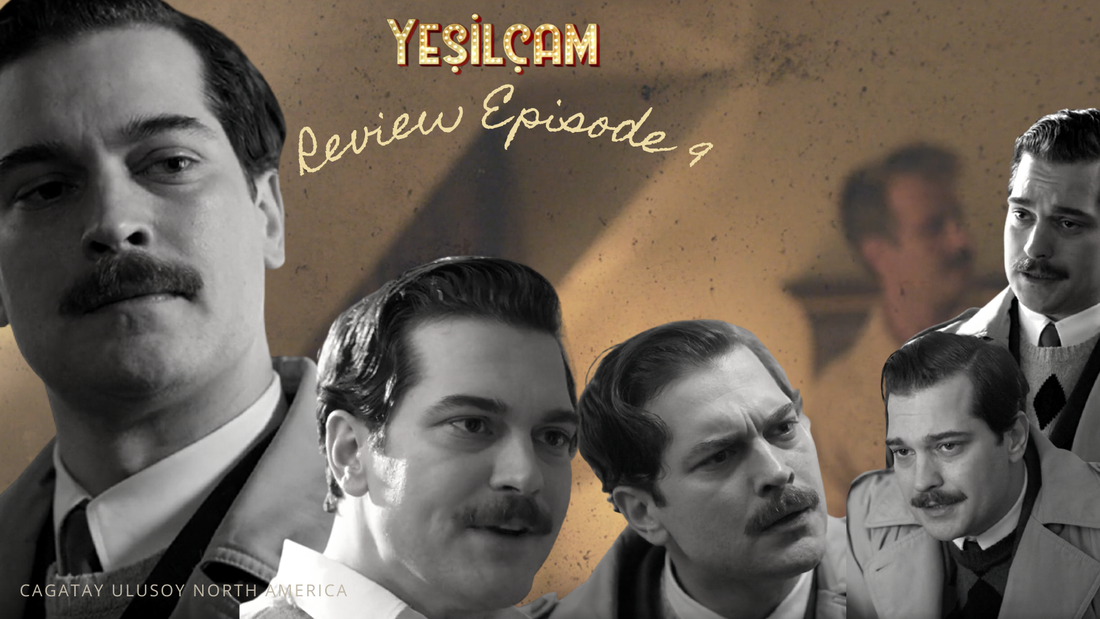
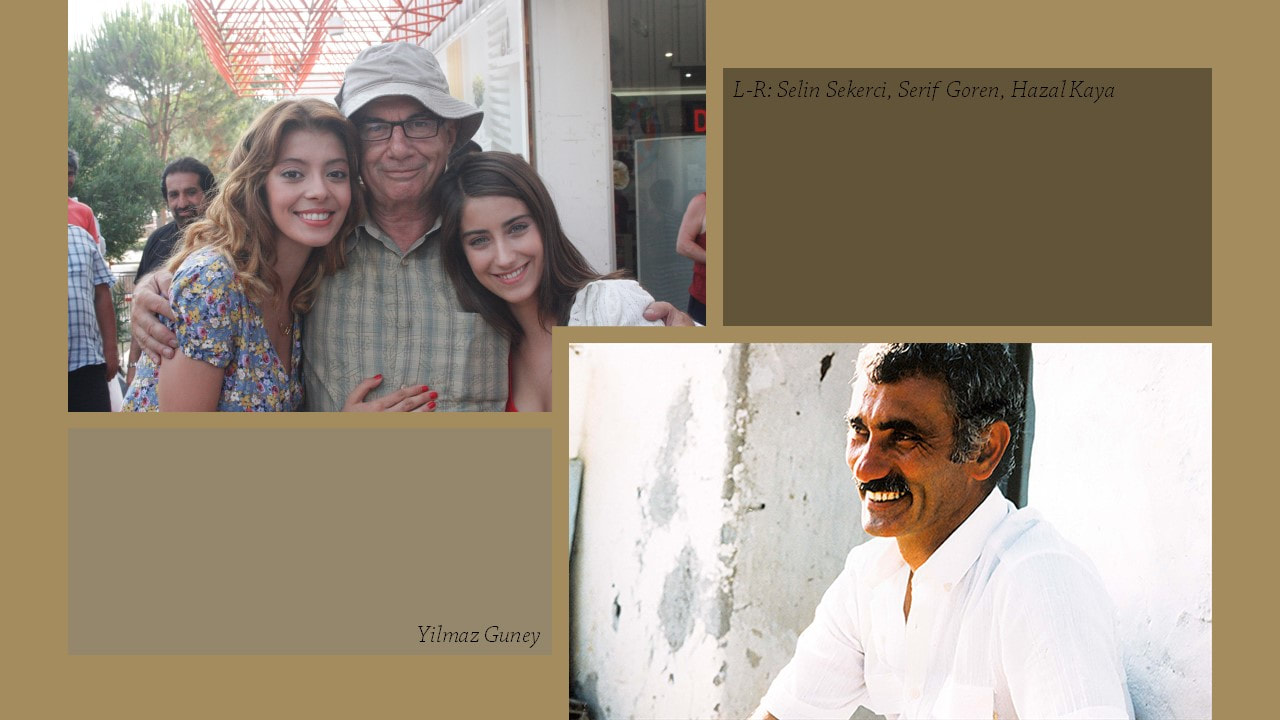
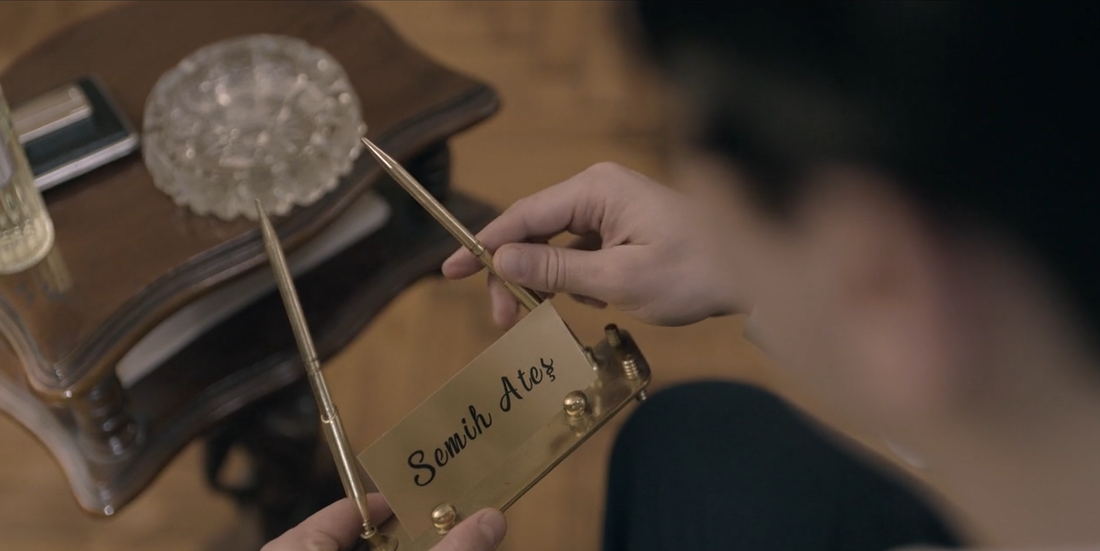
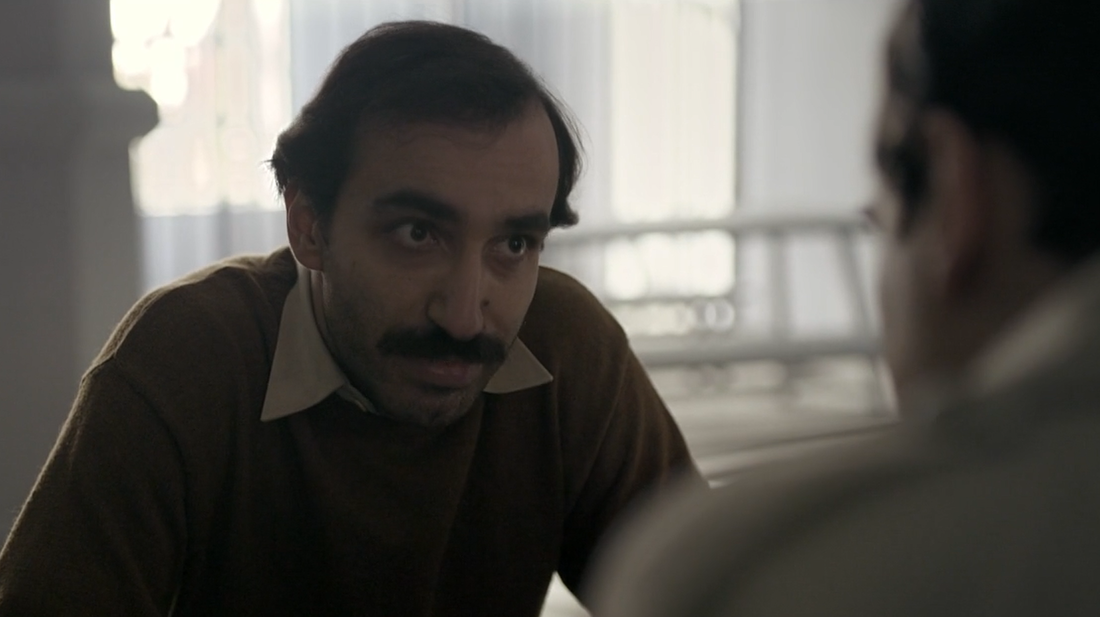
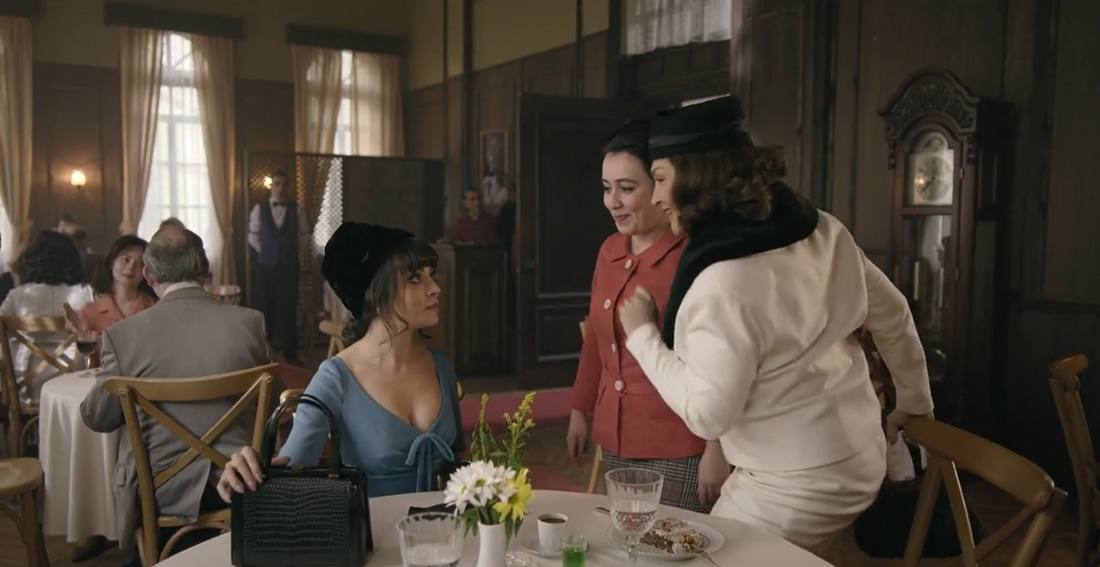
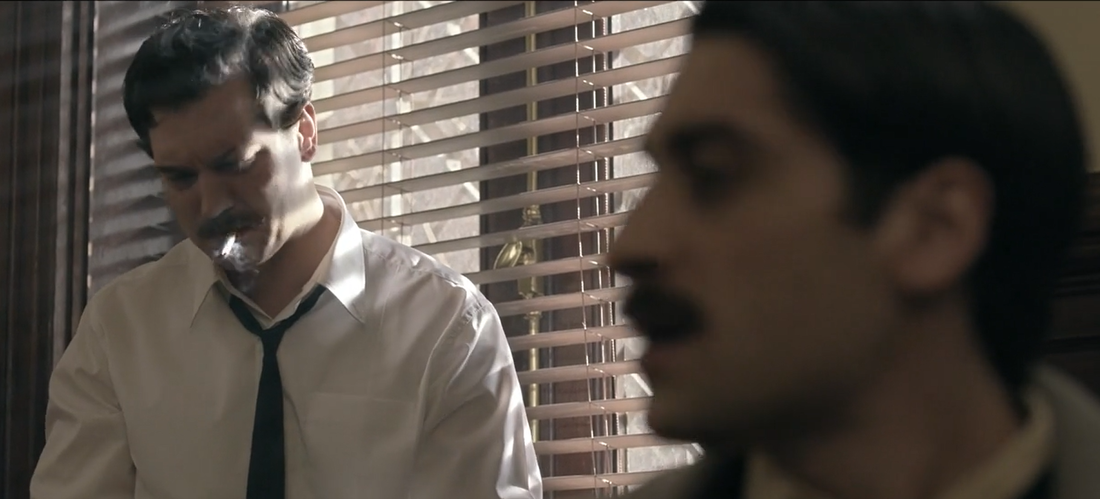
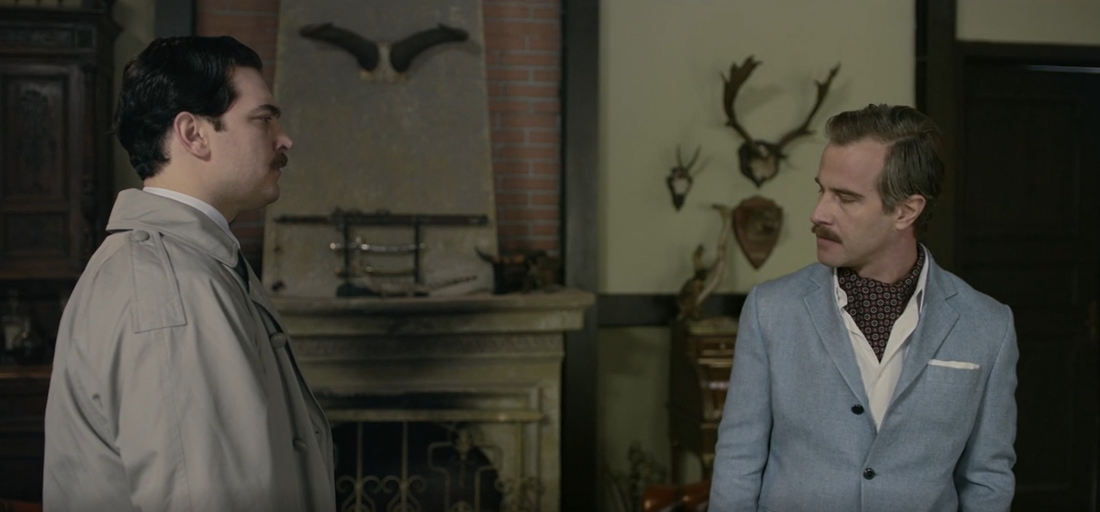

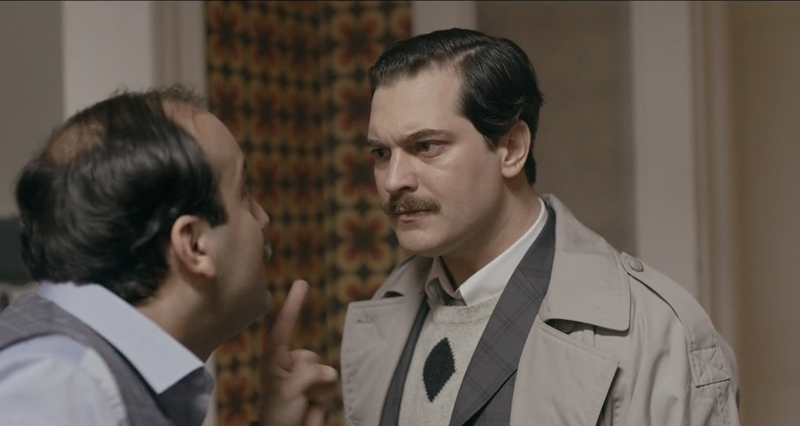
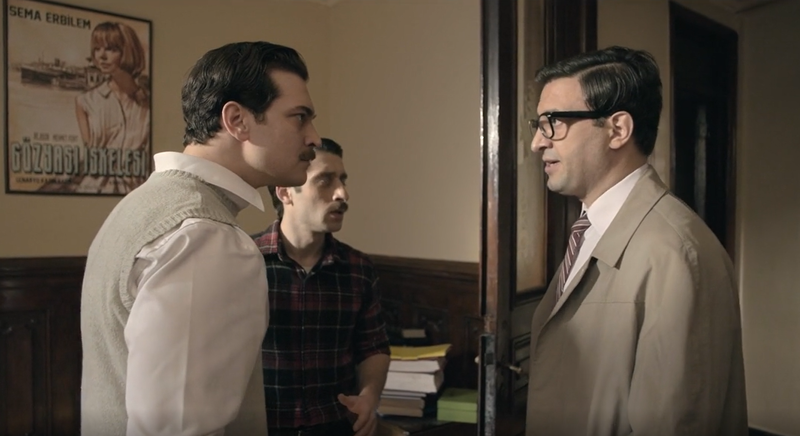
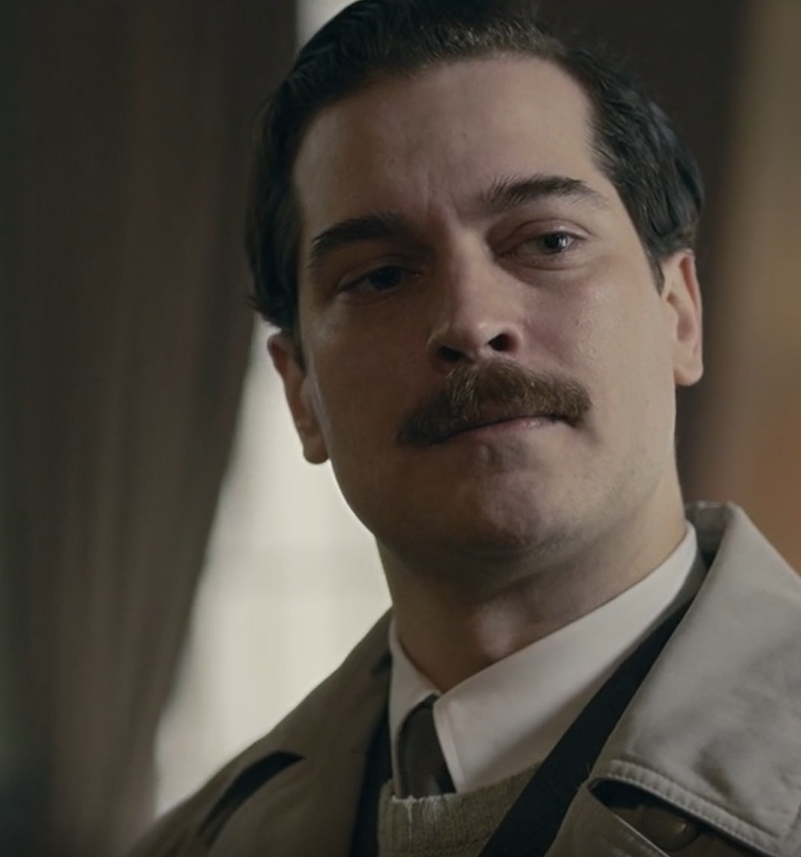
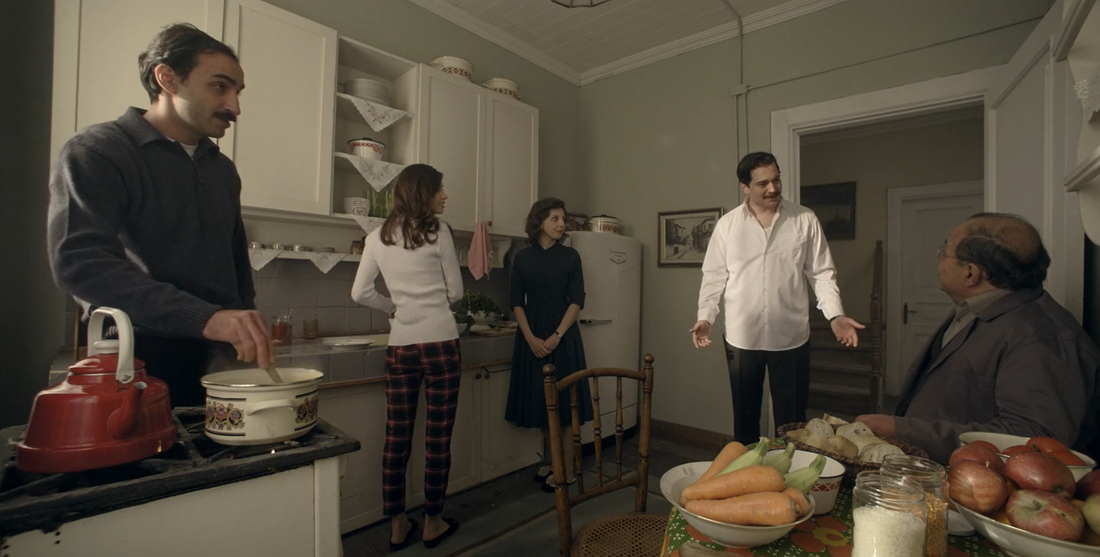
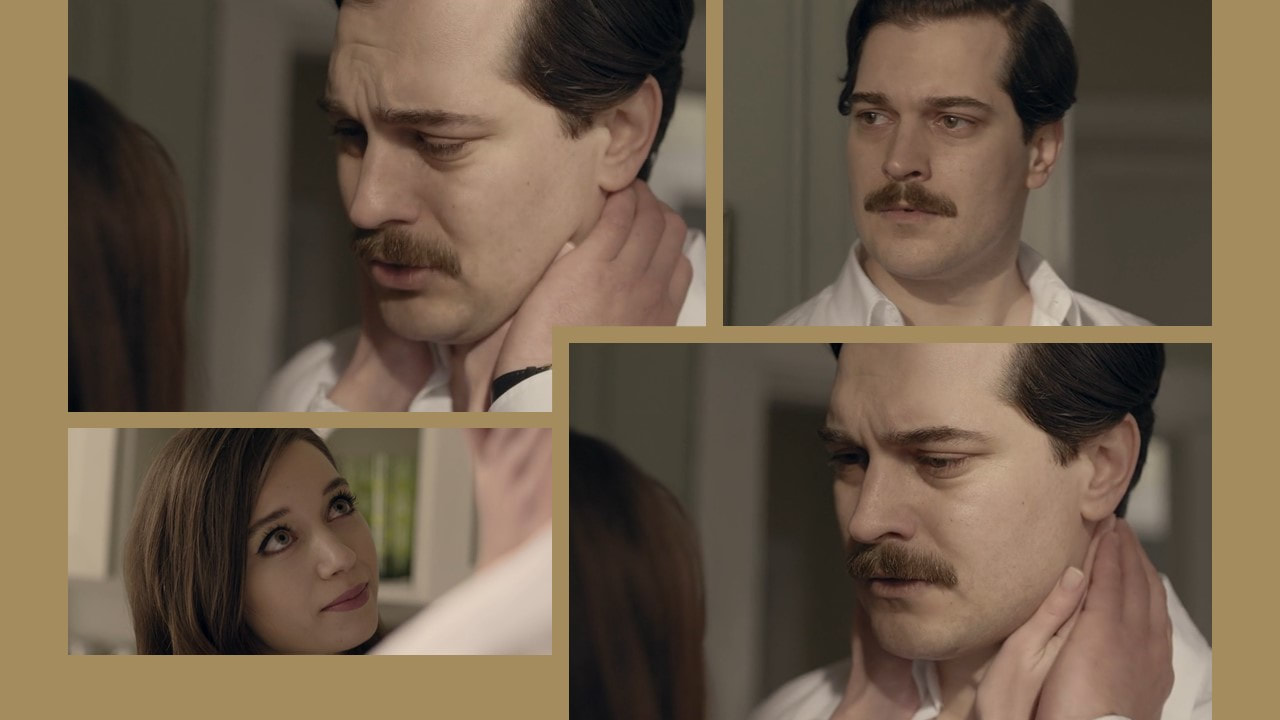
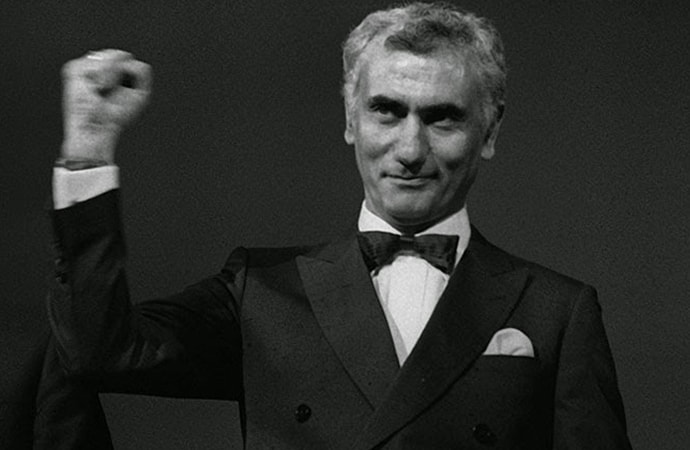
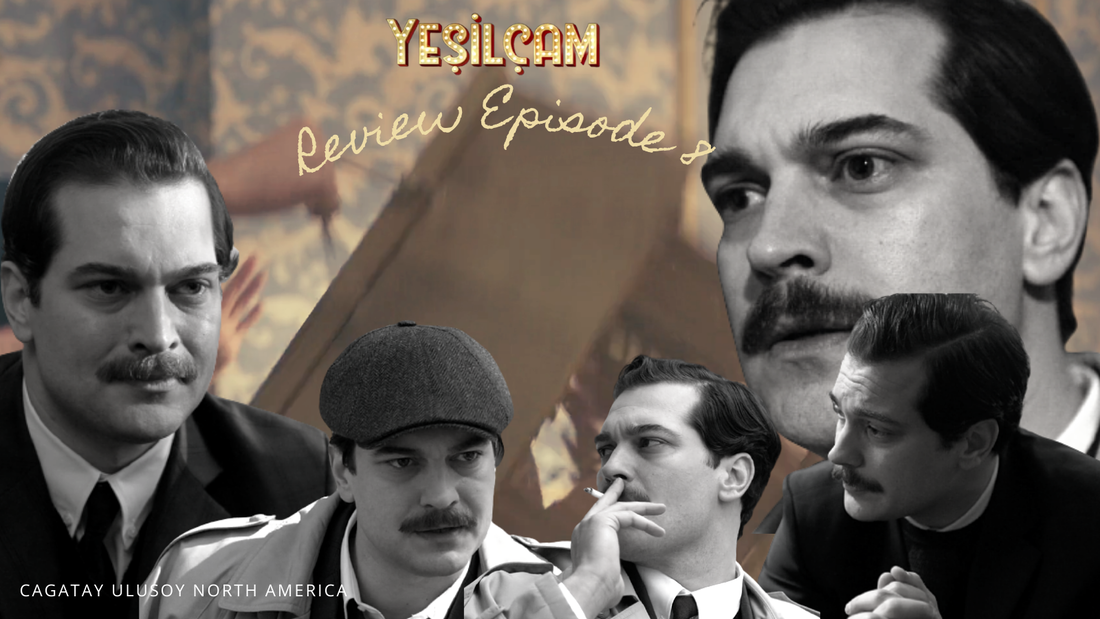
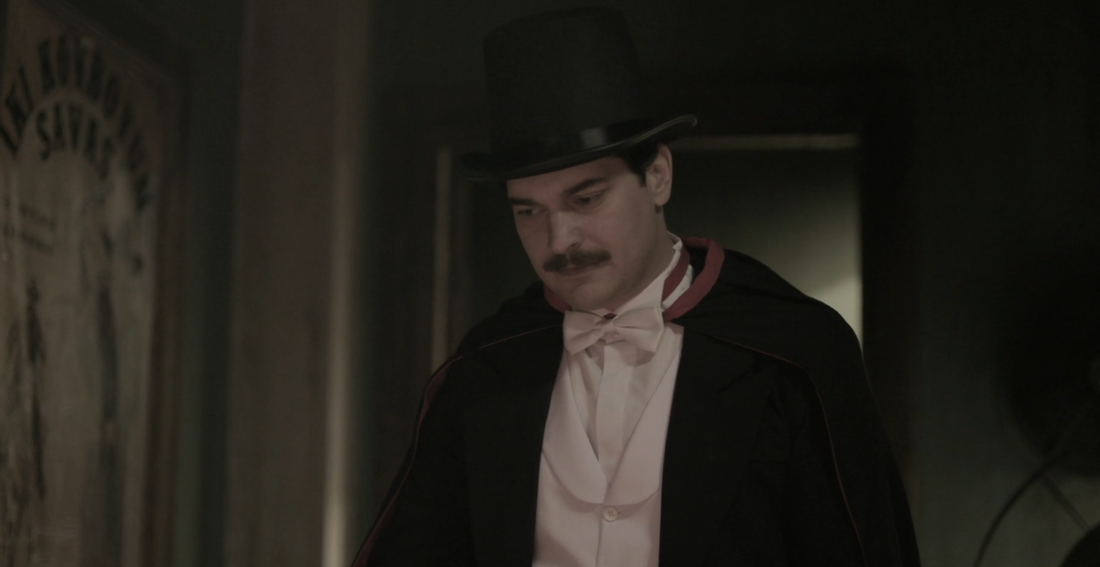
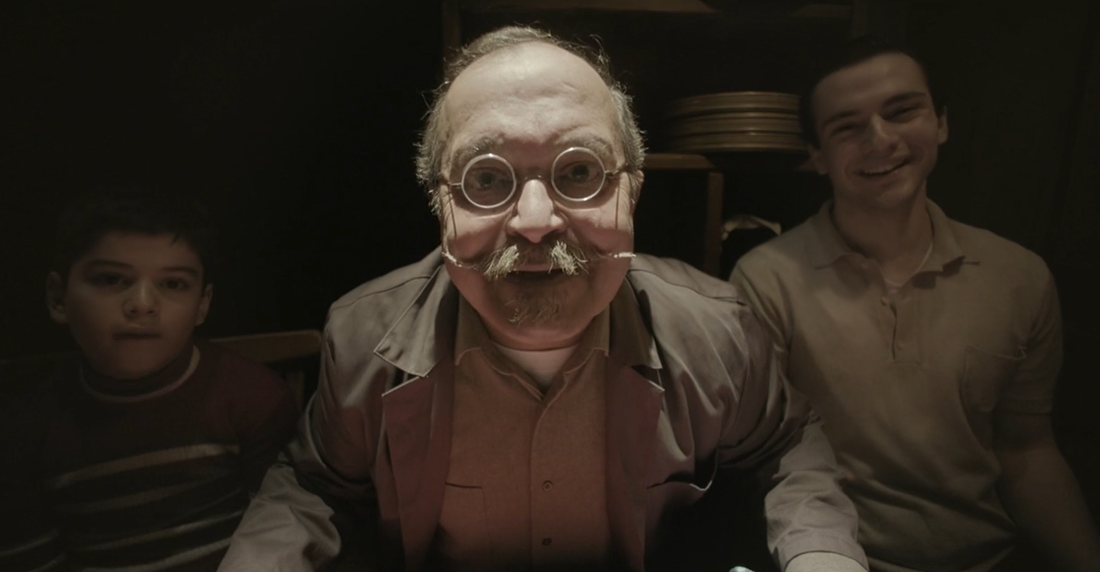
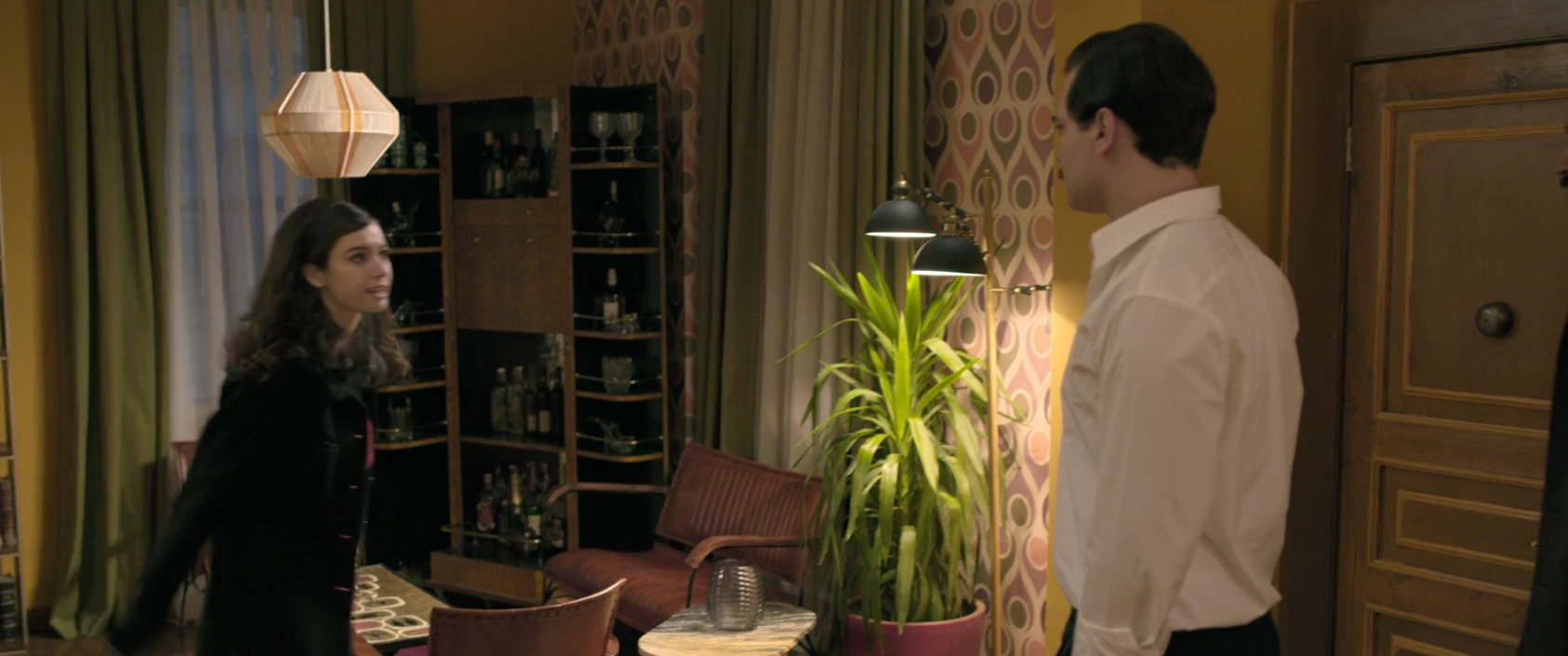
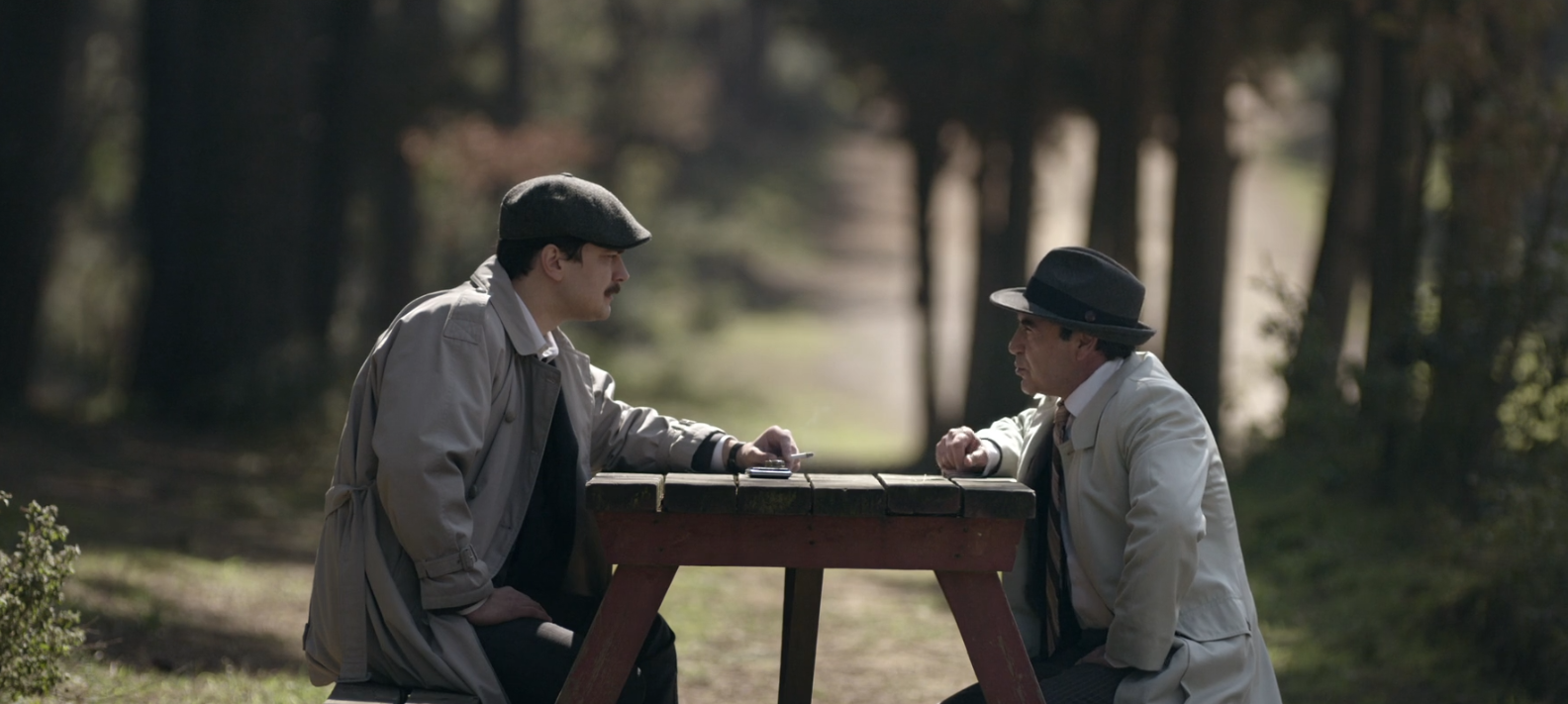
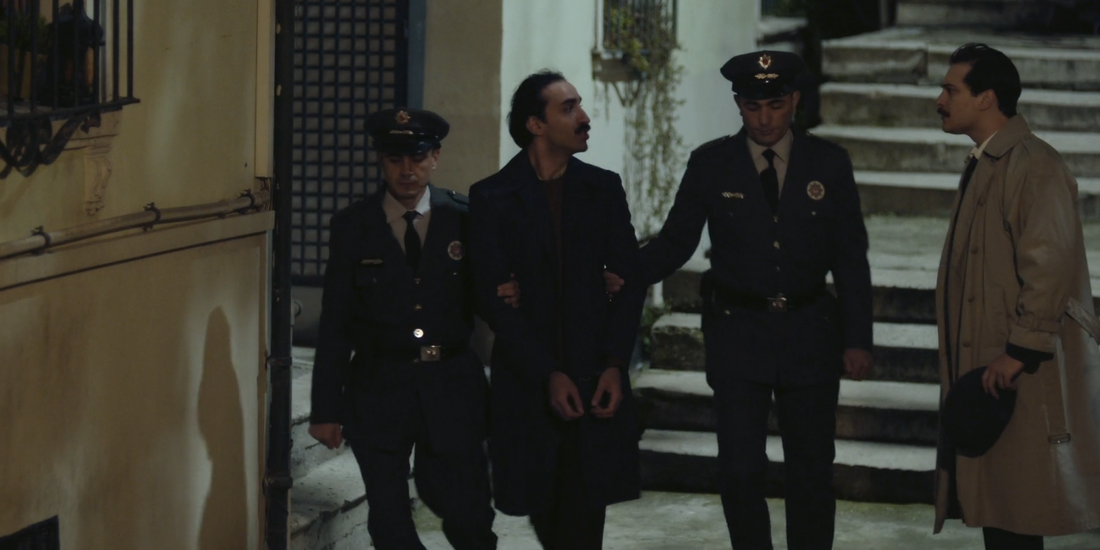
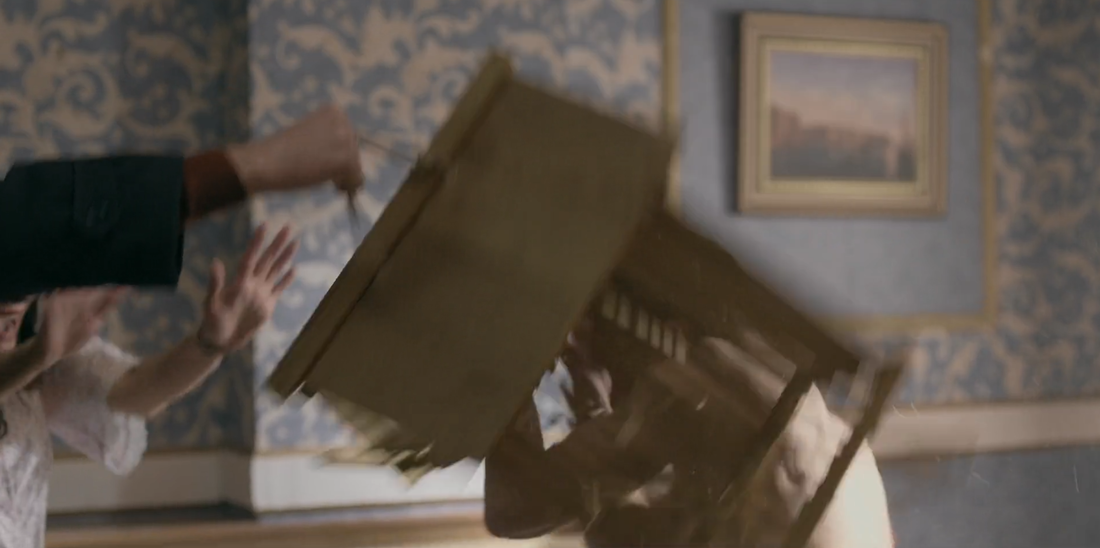
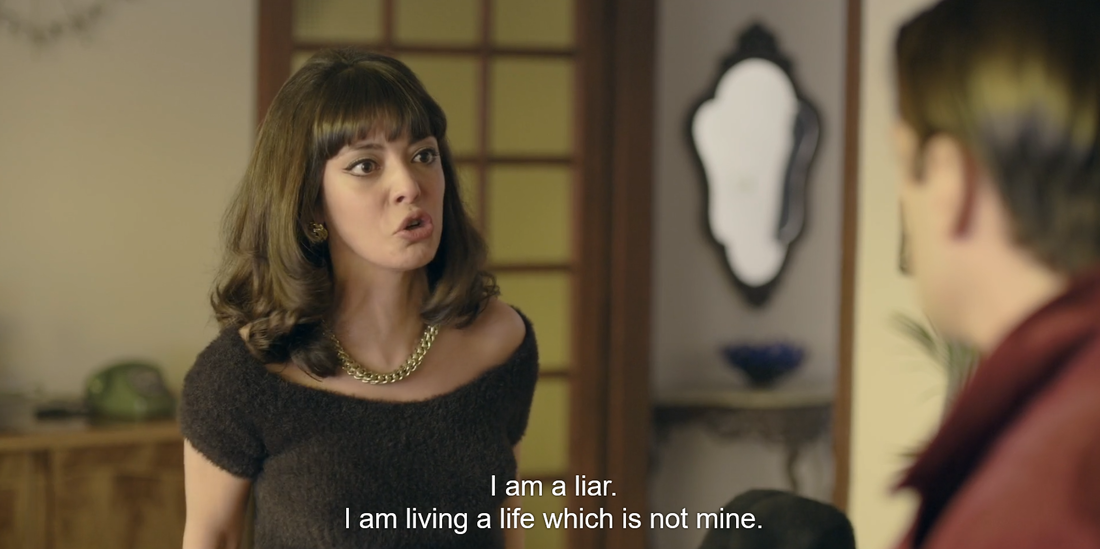
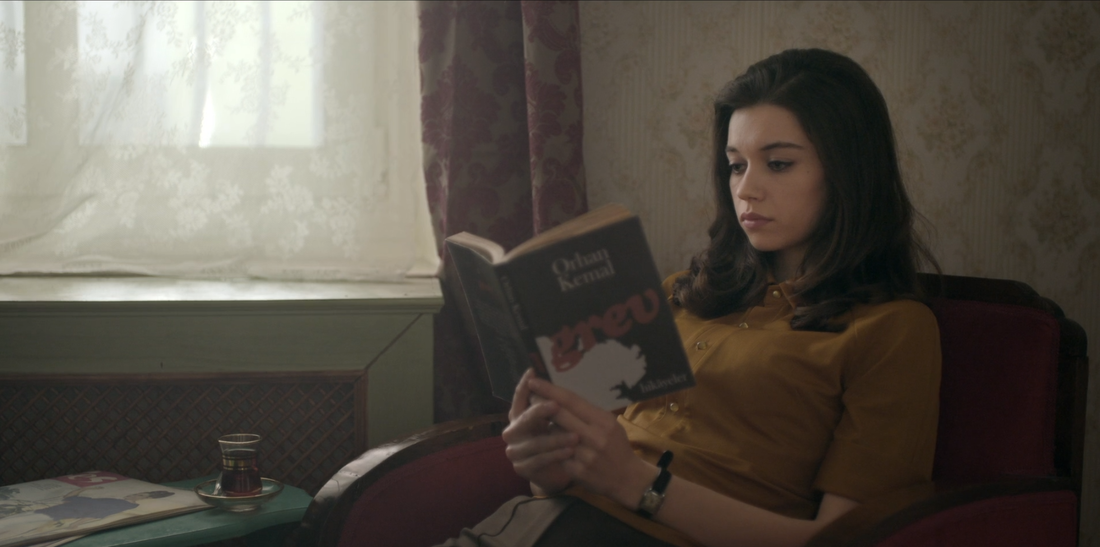

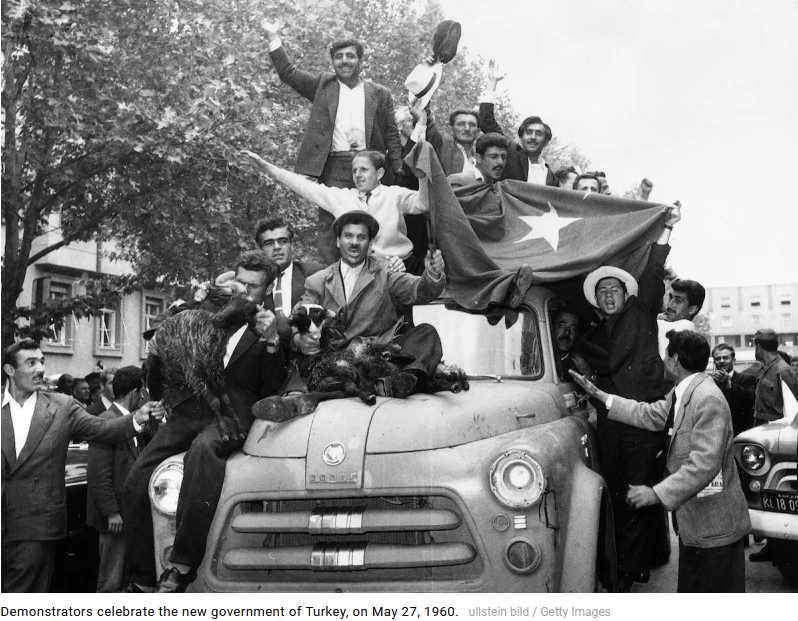
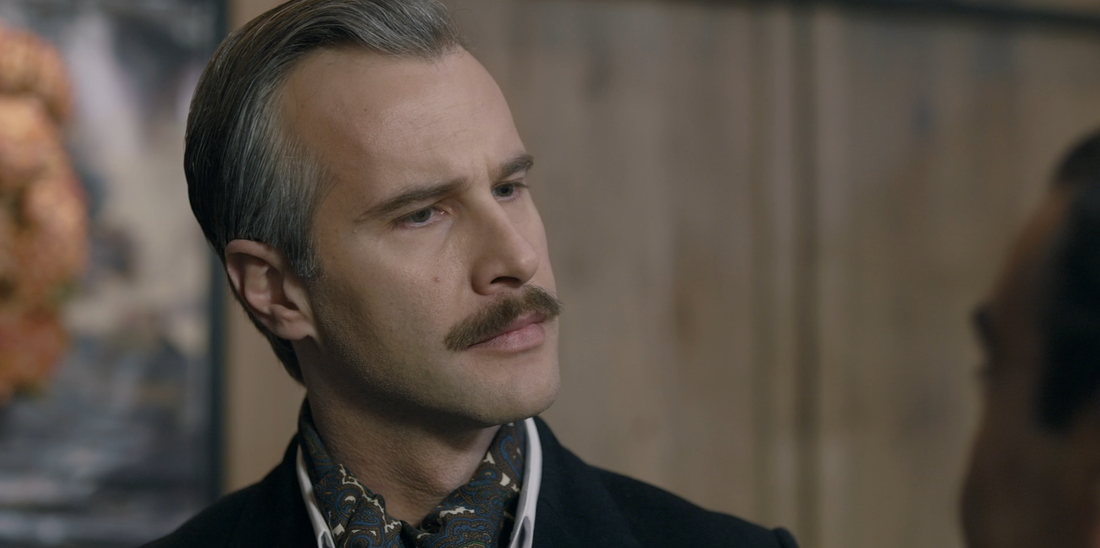
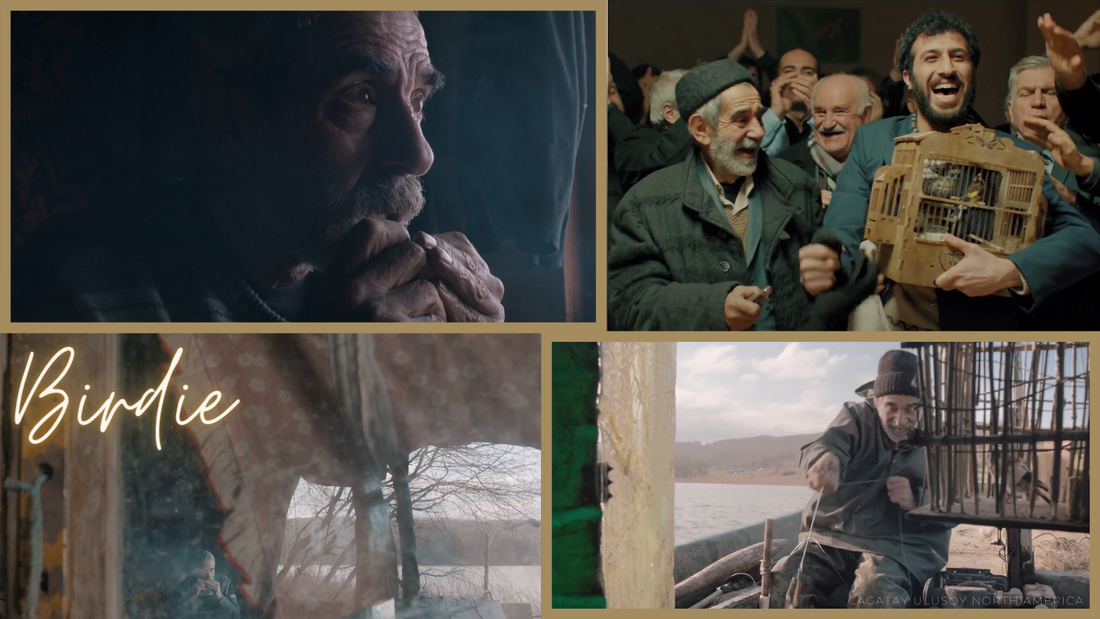

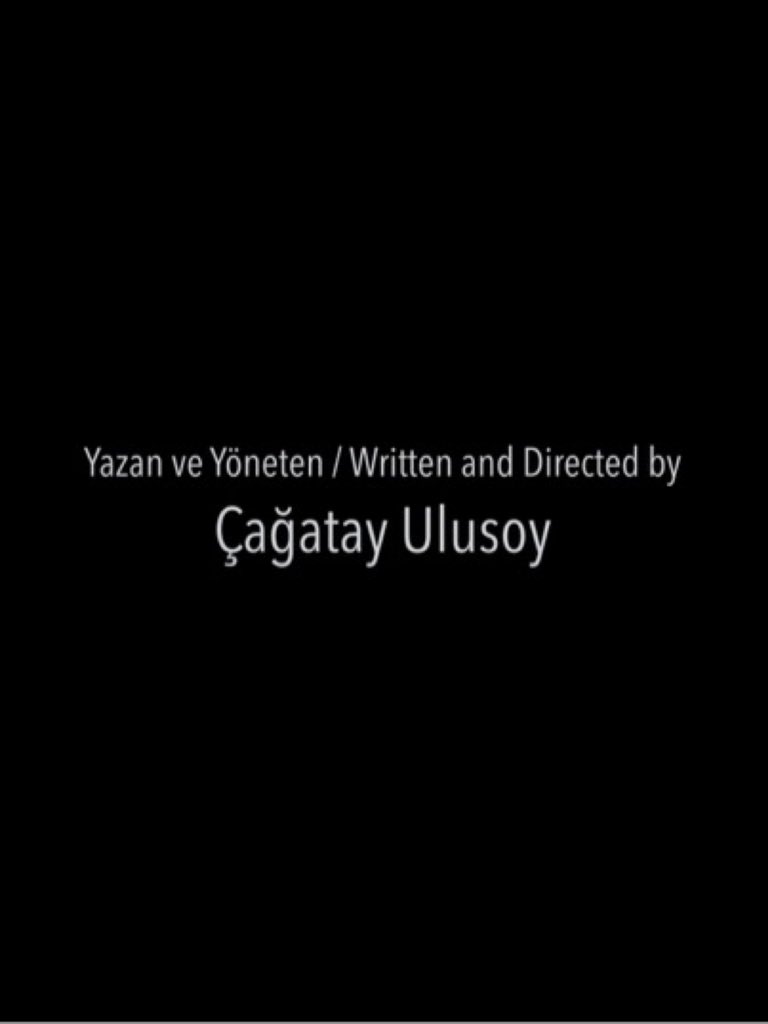
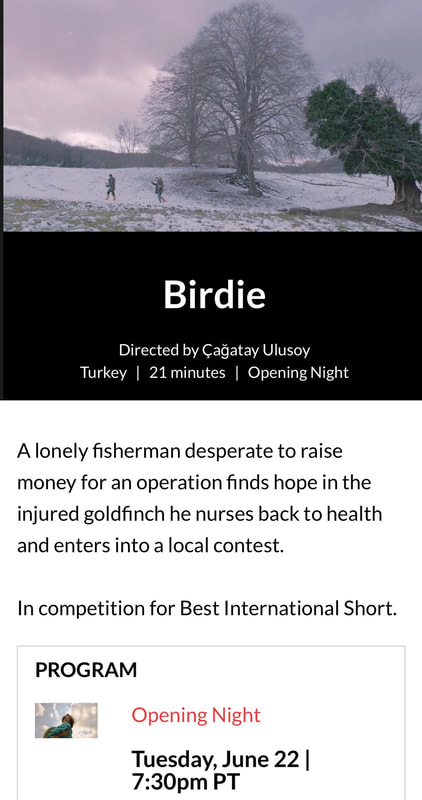
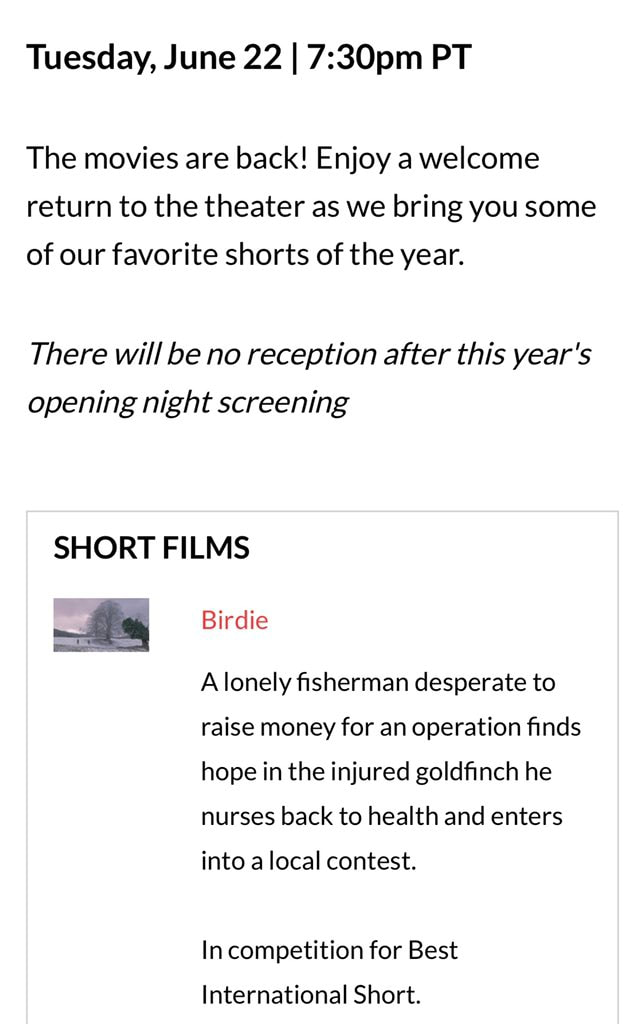
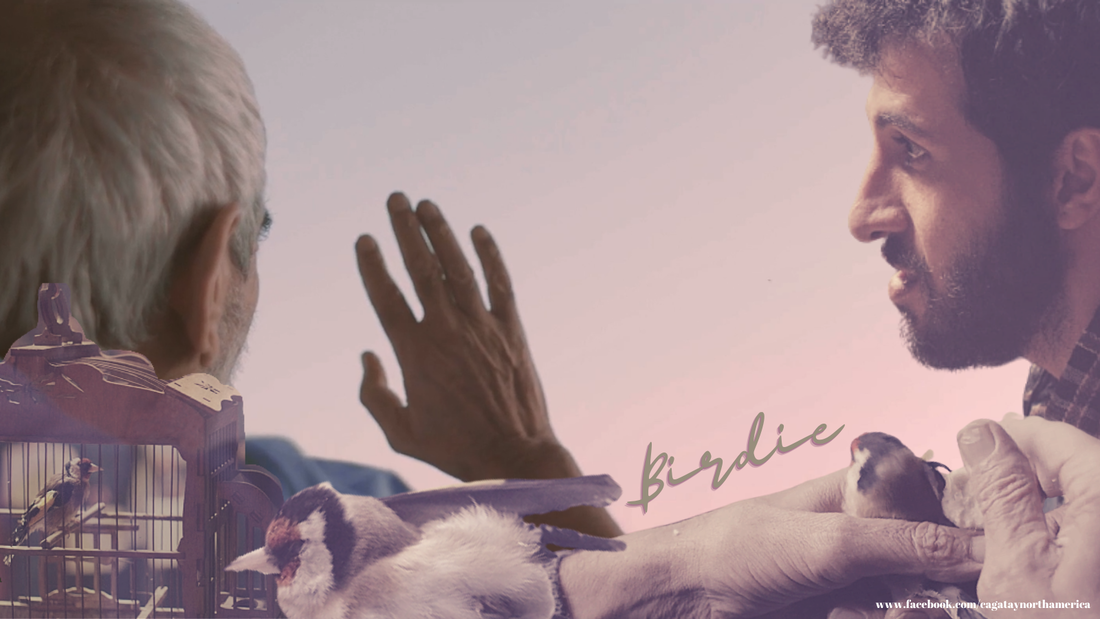
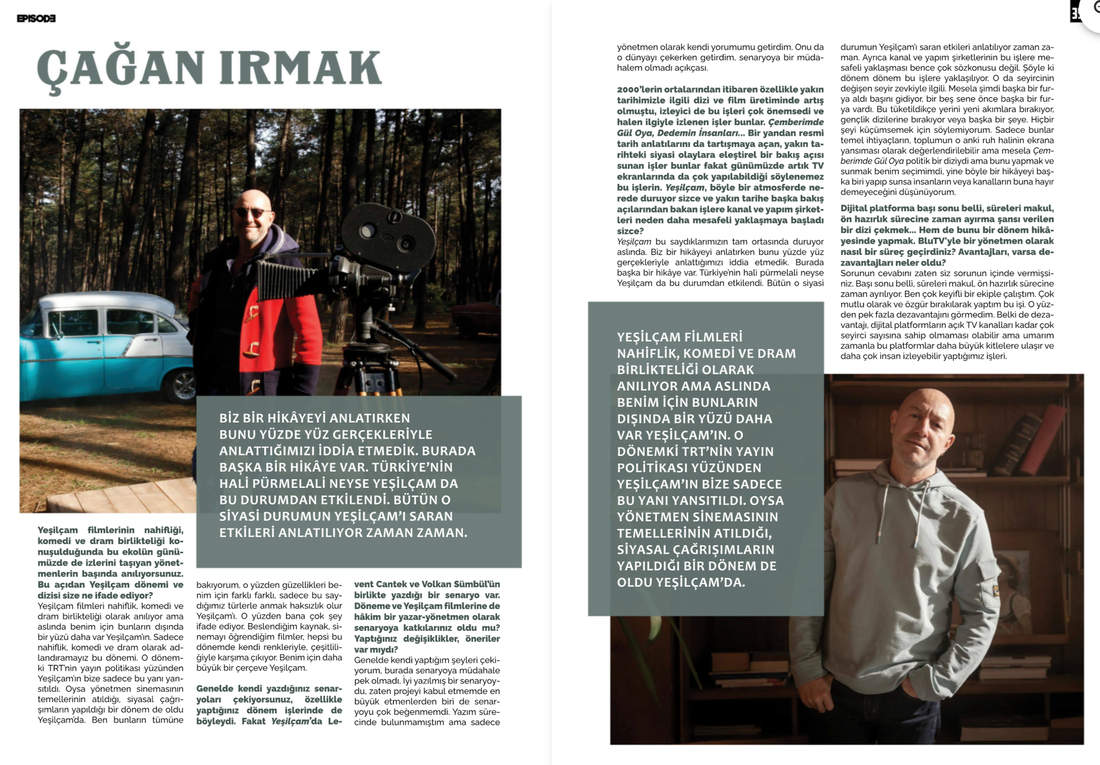
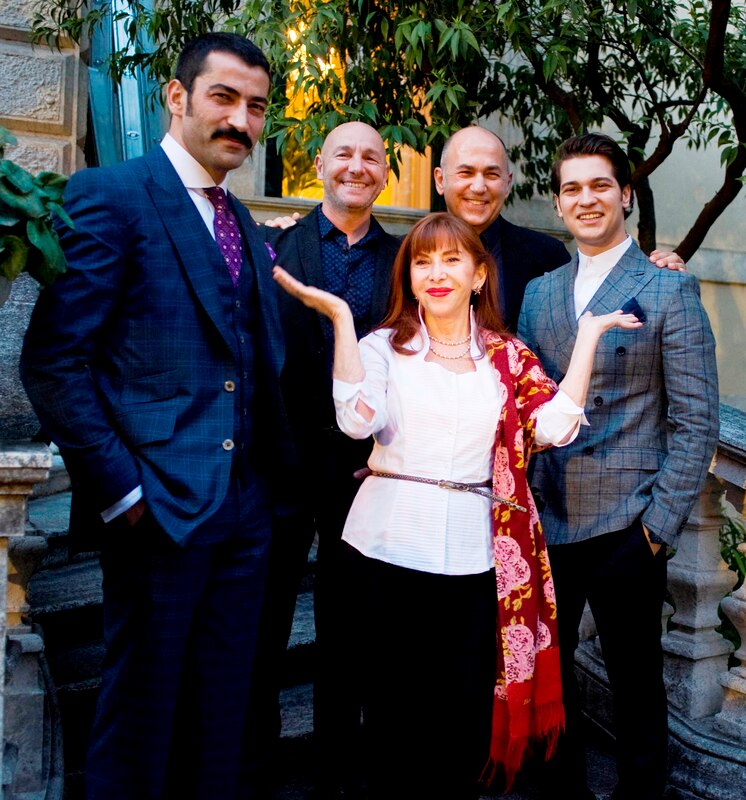
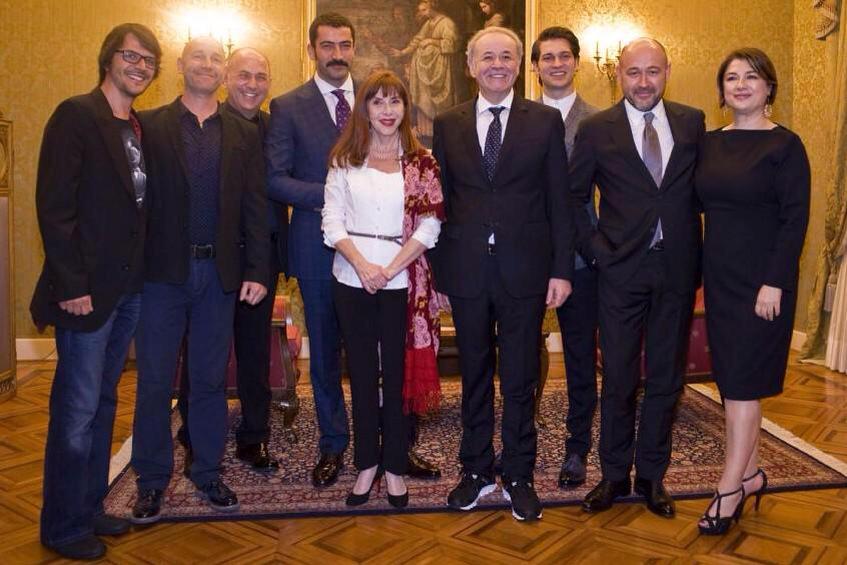
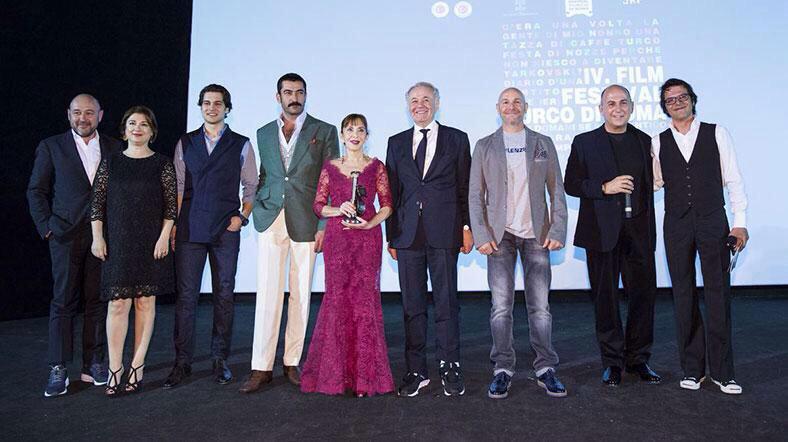
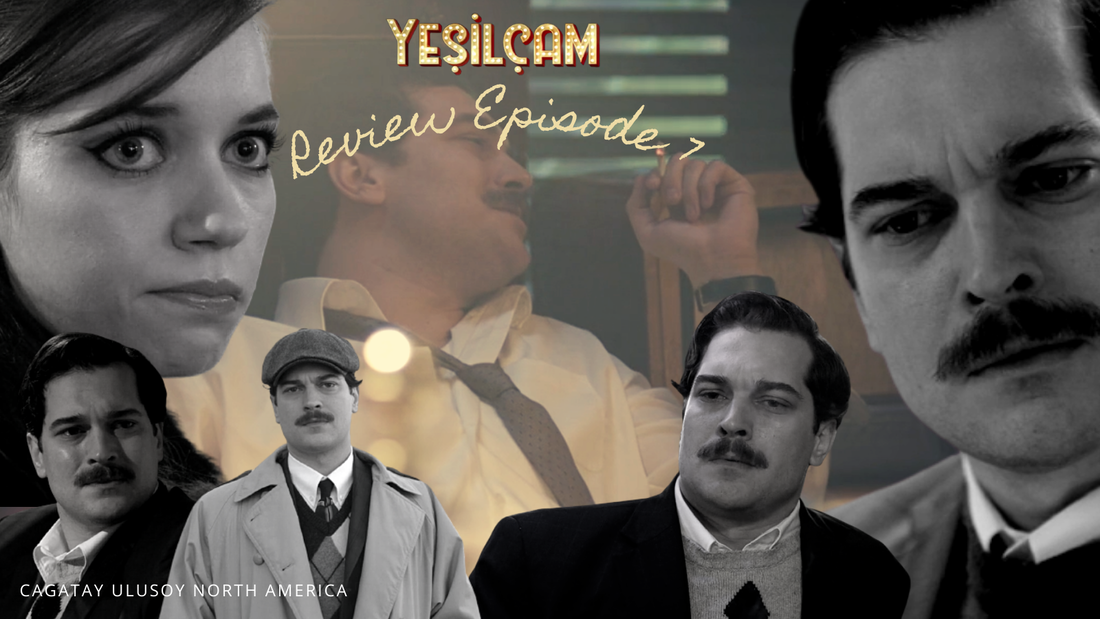
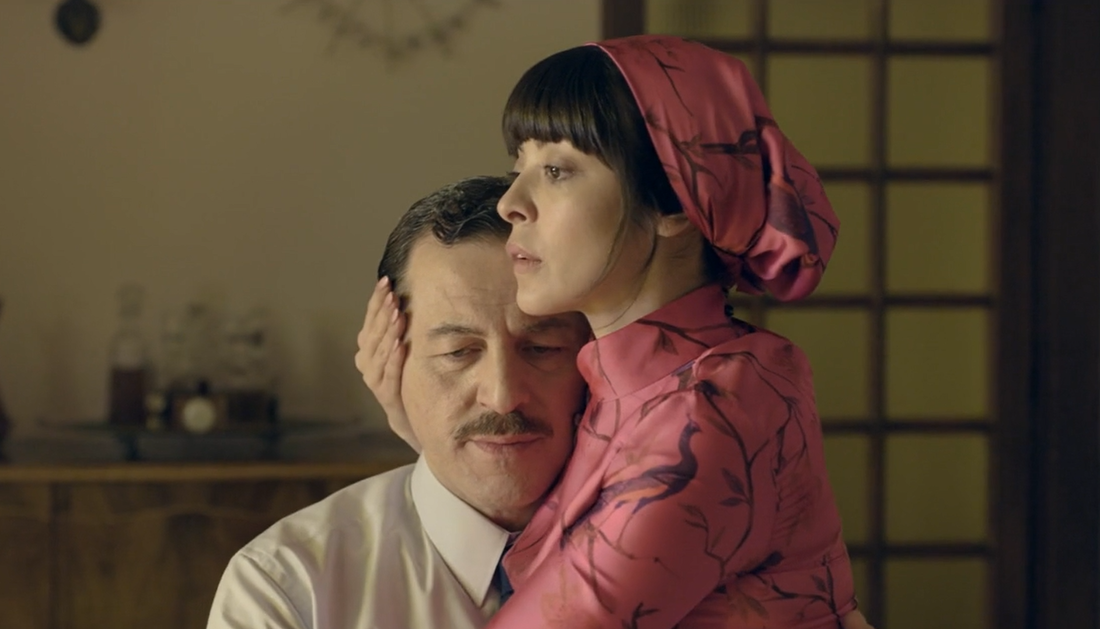

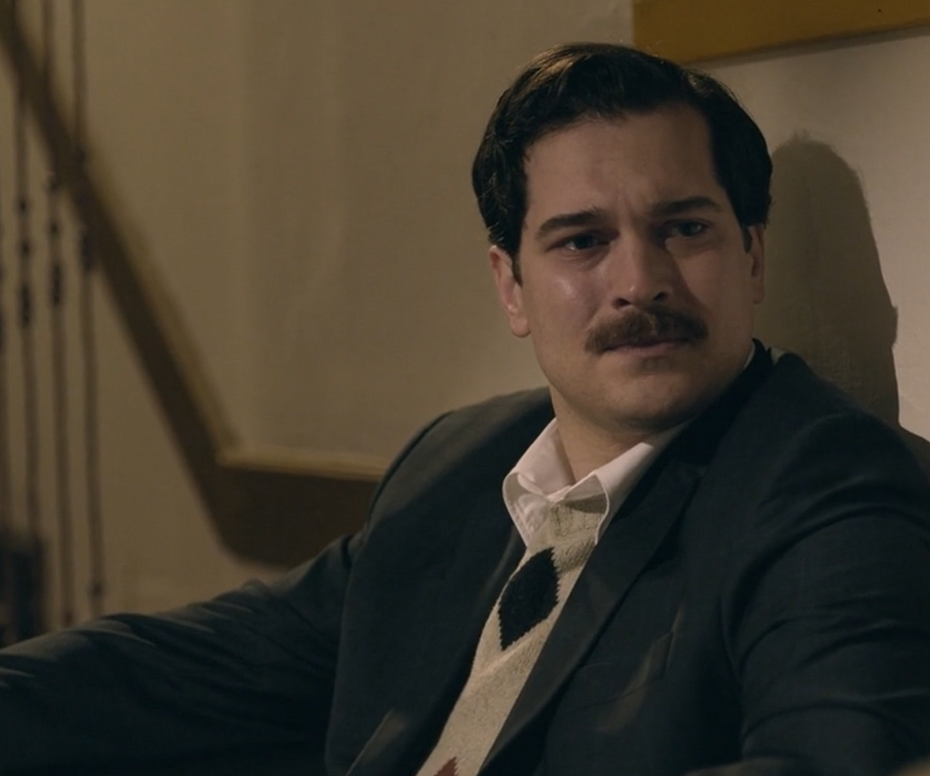
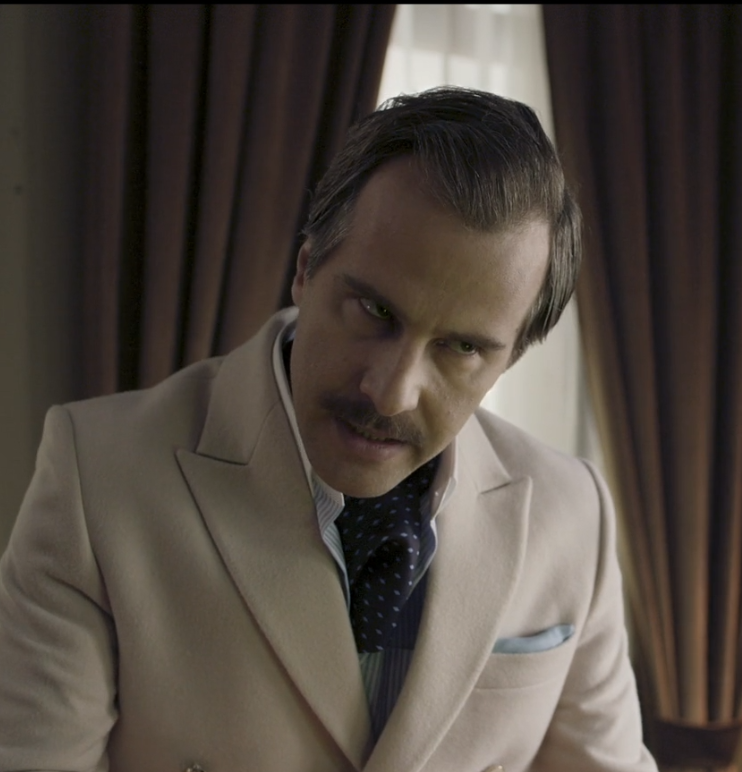
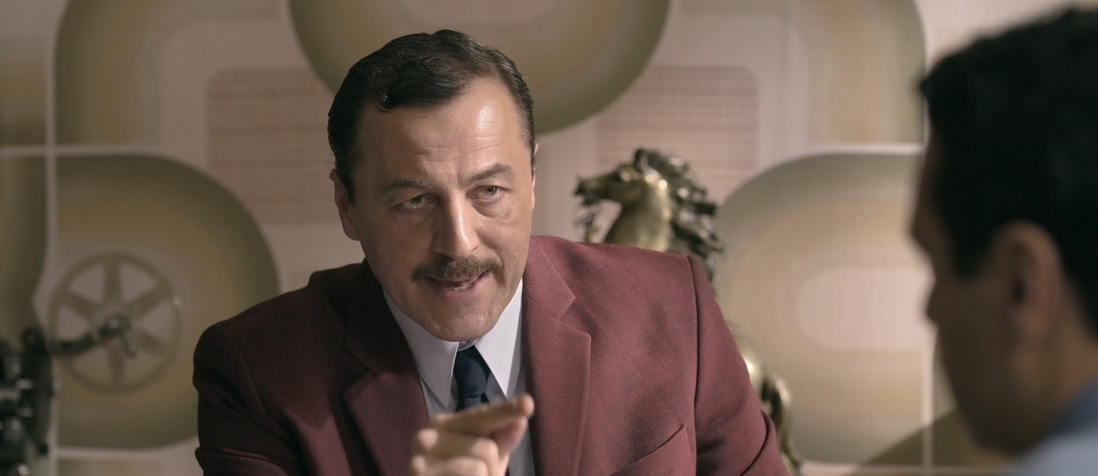
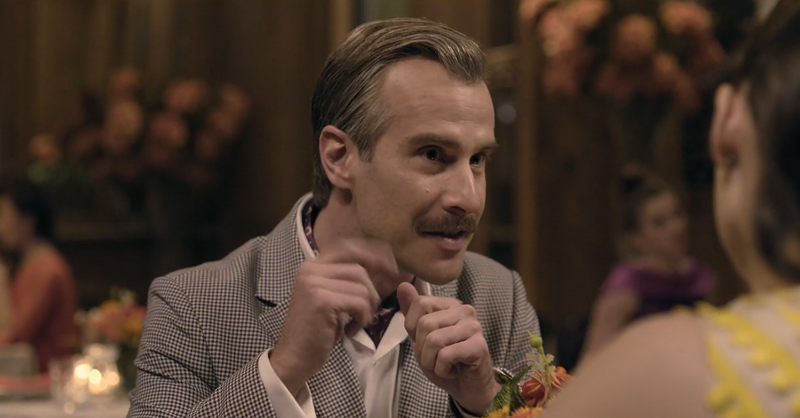

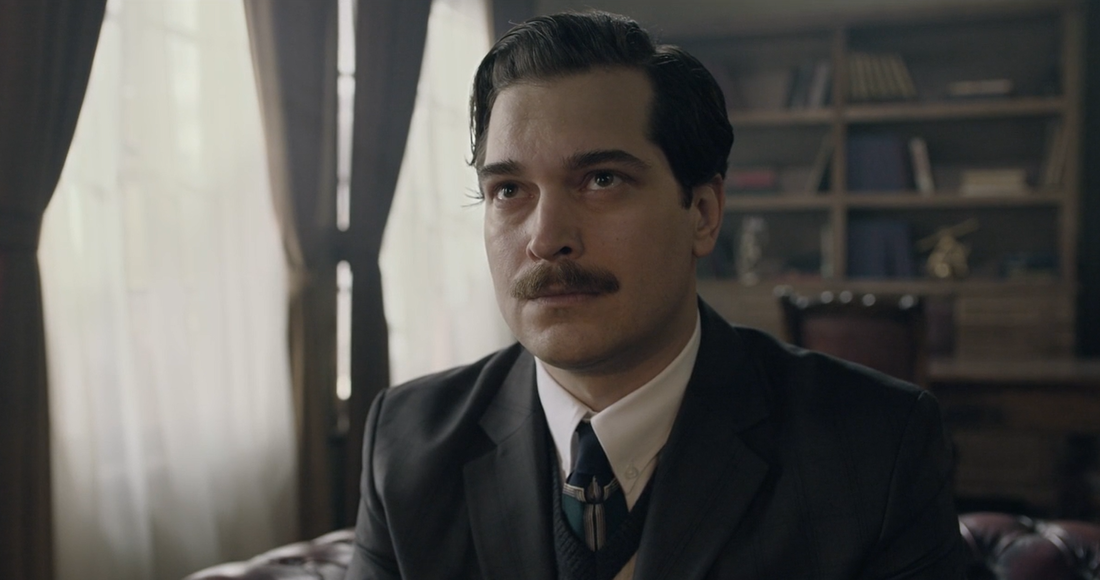
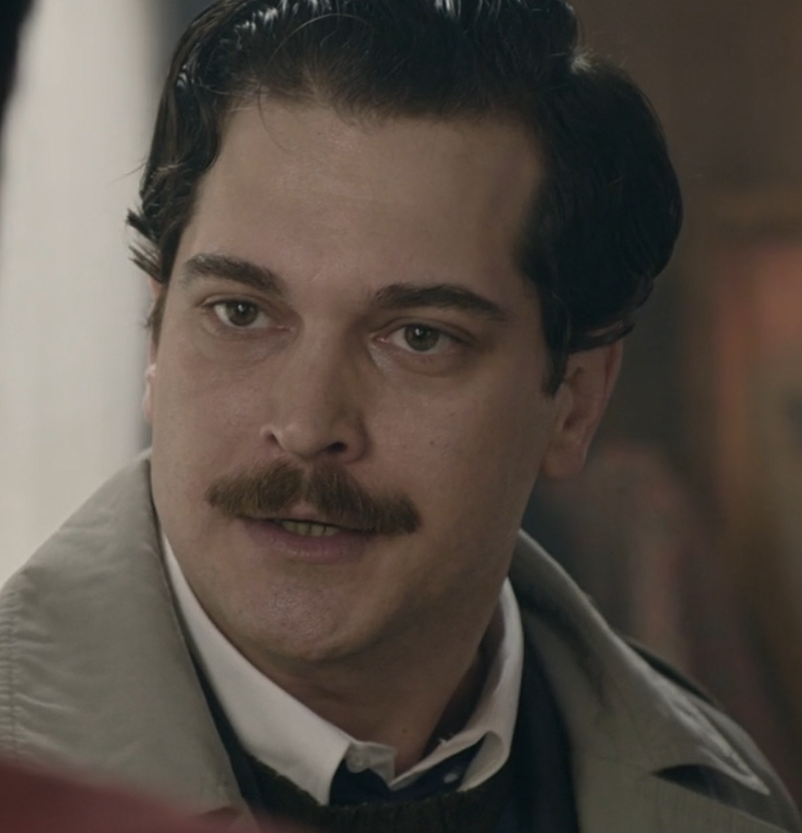
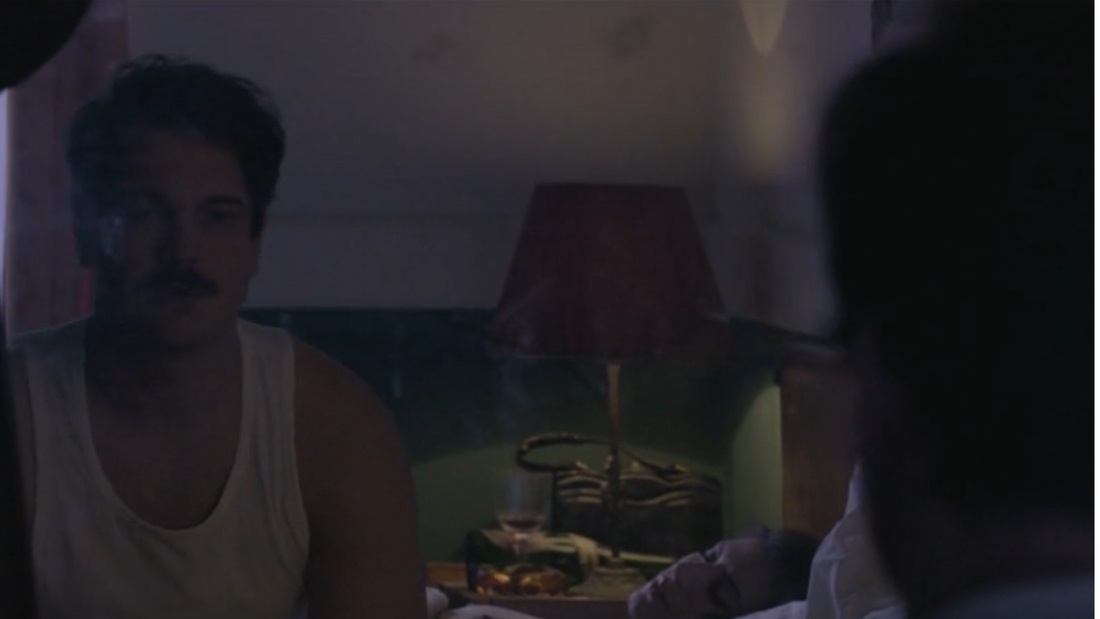
 RSS Feed
RSS Feed
